Capitalism has accelerated the economic growth of human civilization. There's no doubt that. However, the unreliability of this growth as well as its quality and the fairness with which the system distributes its expanding wealth have all been criticized for many years now. Most recently, it's been done through memes.
Which is exactly what the Facebook page 'General Strike' is all about. Addressing both capitalism's theoretical structure and the way it affects people's everyday life, this fun and thought-provoking online project has proved to be relevant to over 50,000 folks who follow it. So let's take a closer look at its content.
More info: Facebook
#1
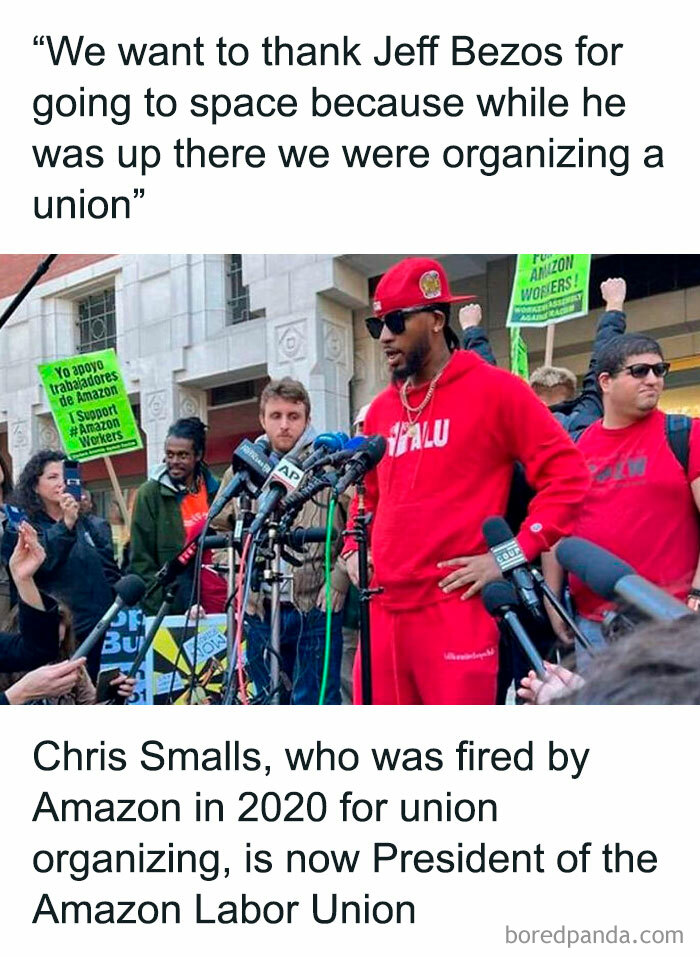
Image credits: General Strike
#2
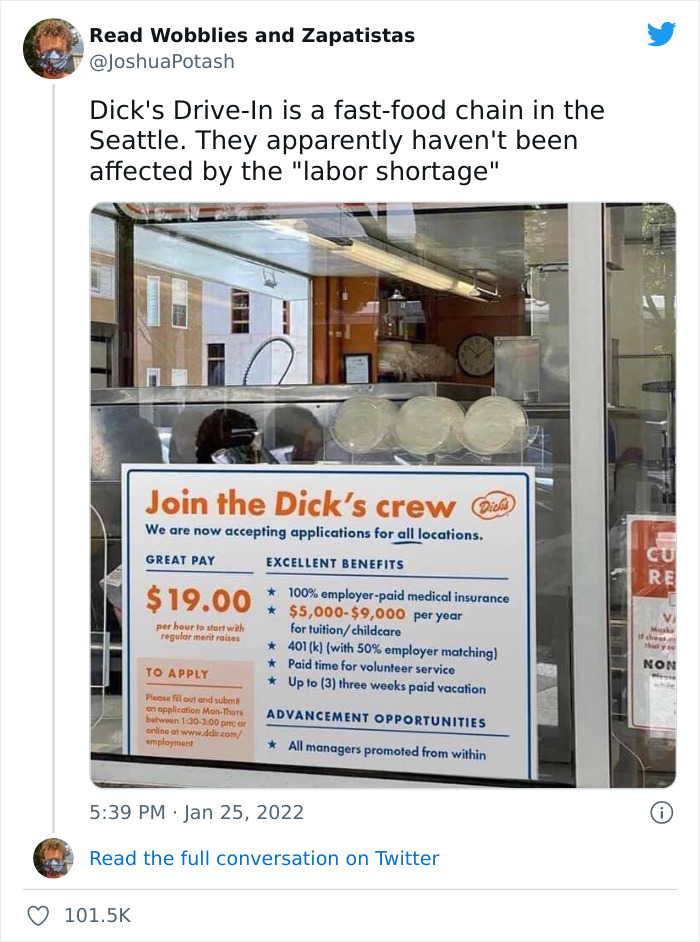
Image credits: joshuapotash
As Richard V. Reeves, a senior fellow in Economic Studies at The Brookings Institution, pointed out, one of the main reasons why we can say that capitalism is failing is because it can not provide a decent wage to those who want a job.
"Before markets, before even money, there was work," Reeves wrote. "Our remotest ancestors, hunting and gathering, almost certainly did not see work as a separate, compartmentalized part of life in the way we do today. But we have always had to work to live. Even in the 21st century, we strive through work for the means to live, hence the campaign for a 'living wage.'"
The economist highlighted that it took two revolutions (one agricultural, one industrial) to turn 'work' into its own category but even after all of this effort, it still can't satisfy our needs.
#3
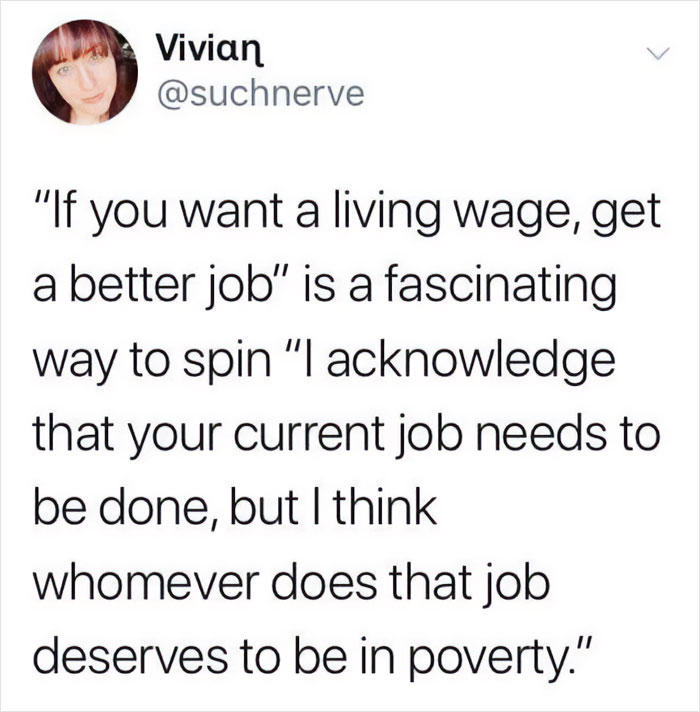
Image credits: General Strike
#4

Image credits: anewkindofhuman
#5
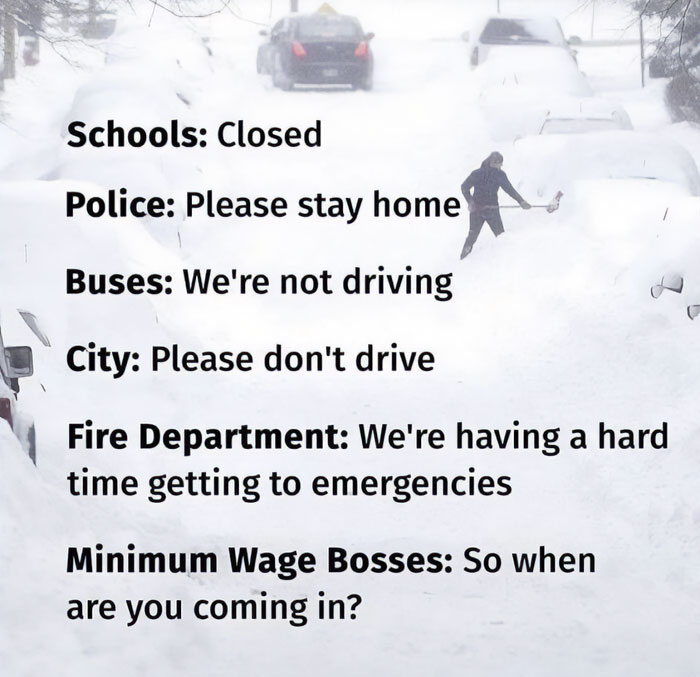
Image credits: General Strike
"Industrial capitalism sliced and diced human time into clearly demarcated chunks, of 'work' and 'leisure.' Work was then bundled and packaged into one of the most important inventions of the modern era: a job. From this point on, the workers' fight was for a job that delivered maximum benefits, especially in terms of wages, in return for minimum costs imposed on the worker, especially in terms of time," Reeves continued.
"For Karl Marx, the whole capitalist system was ineluctably rigged against workers. Whatever the short-run victories of the trade unions, the capitalist retained the power; the ultimate control, over workers' time. And the worker would remain forever alienated from their work. The goal was to assert sovereignty over our own time, free of the temporal control of the capitalist, able 'to hunt in the morning, fish in the afternoon, rear cattle in the evening, criticise after dinner.'"
#6
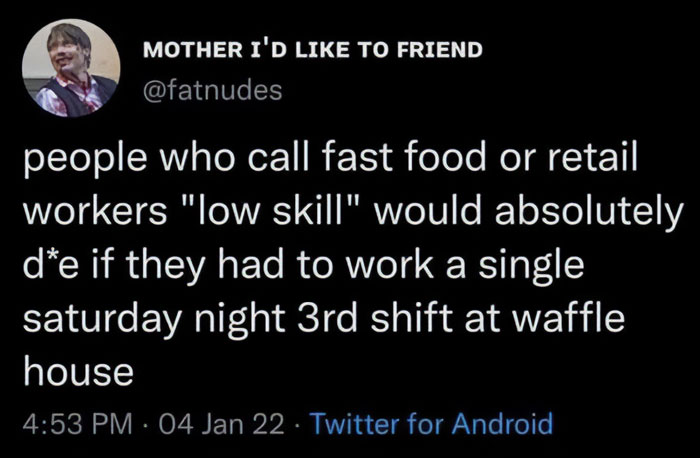
Image credits: General Strike
#7
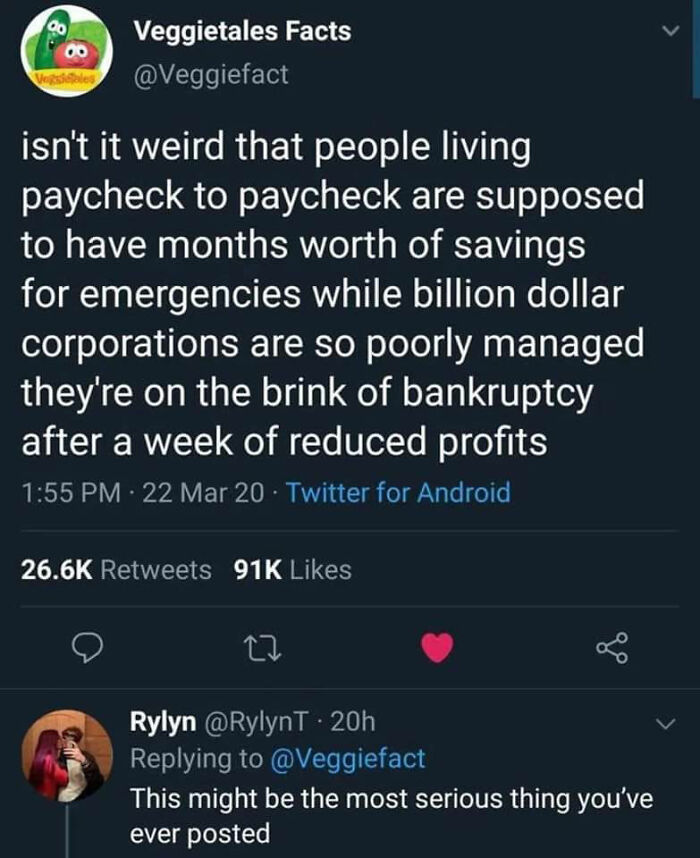
Image credits: General Strike
#8
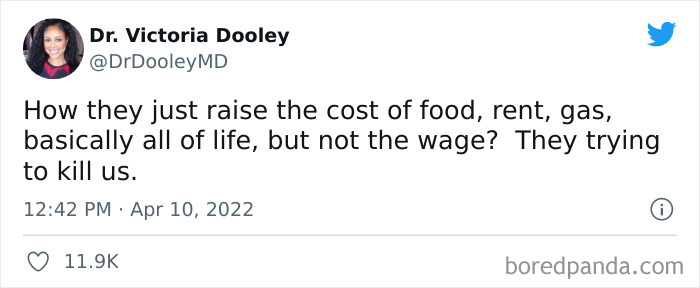
Image credits: DrDooleyMD
#9

Image credits: General Strike
That sense of being powerless is what Slovenian philosopher-scholar Slavoj Žižek also thinks the western society needs to get rid of. To illustrate his point during the Occupy Wall Street protests, Žižek recalled an old joke from Communist times.
"A guy was sent from East Germany to work in Siberia," the scholar began the joke. "He knew his mail would be read by censors, so he told his friends: 'Let's establish a code. If a letter you get from me is written in blue ink, it is true what I say. If it is written in red ink, it is false.' After a month, his friends get the first letter. Everything is in blue. It says, this letter: 'Everything is wonderful here. Stores are full of good food. Movie theatres show good films from the west. Apartments are large and luxurious. The only thing you cannot buy is red ink.'"
This, according to Žižek, is how we live today. "We have all the freedoms we want. But what we are missing is red ink: the language to articulate our non-freedom."
#10
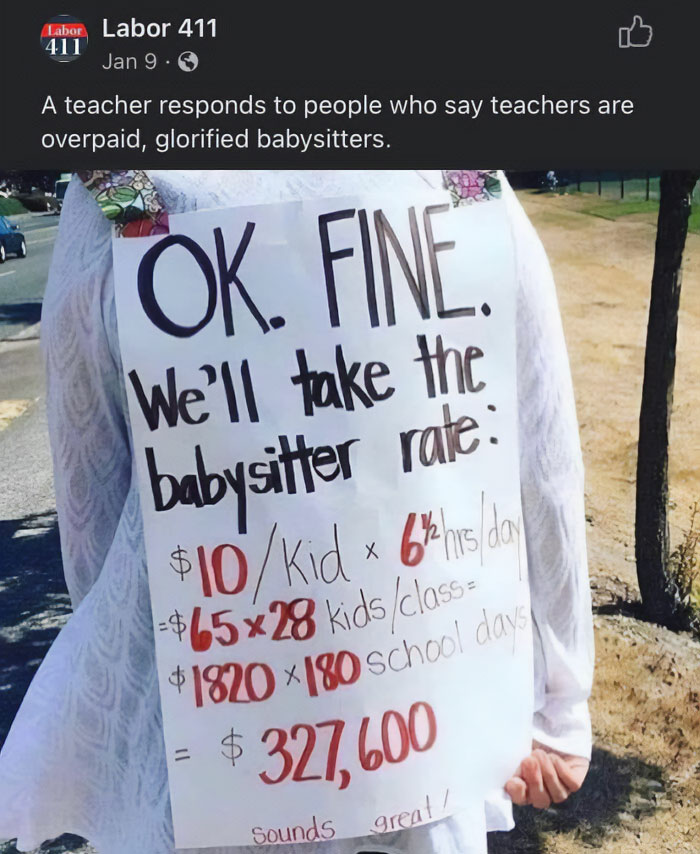
Image credits: General Strike
#11

Image credits: @rhymeswithvery
#12
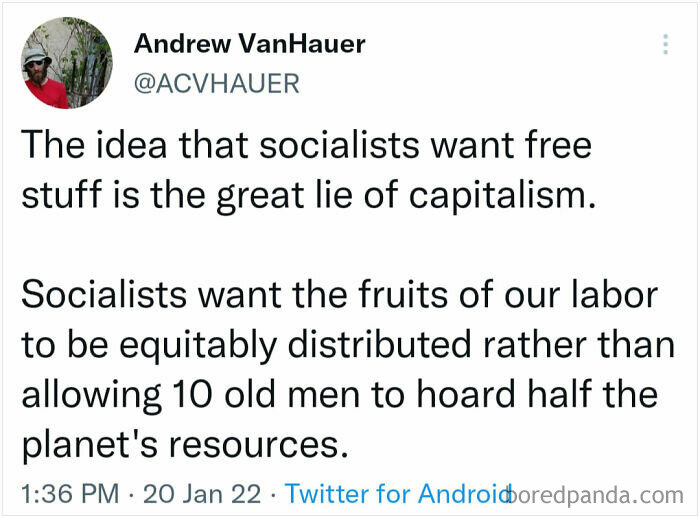
Image credits: General Strike
#13

Image credits: General Strike
What makes it hard to have a constructive dialogue about capitalism for its supporters is the fact that it's not entirely broken. "In terms of material conditions of life, across the broad sweep of economic history, capitalism has delivered pretty well for most workers," Reeves said.
"Wages rose, hours fell, life (mostly) got better. Global poverty halved. As an economic system, socialism fell from grace, and, by and large, and in spite of recent rhetoric on the American political left, continues to fall."
#14

Image credits: General Strike
#15
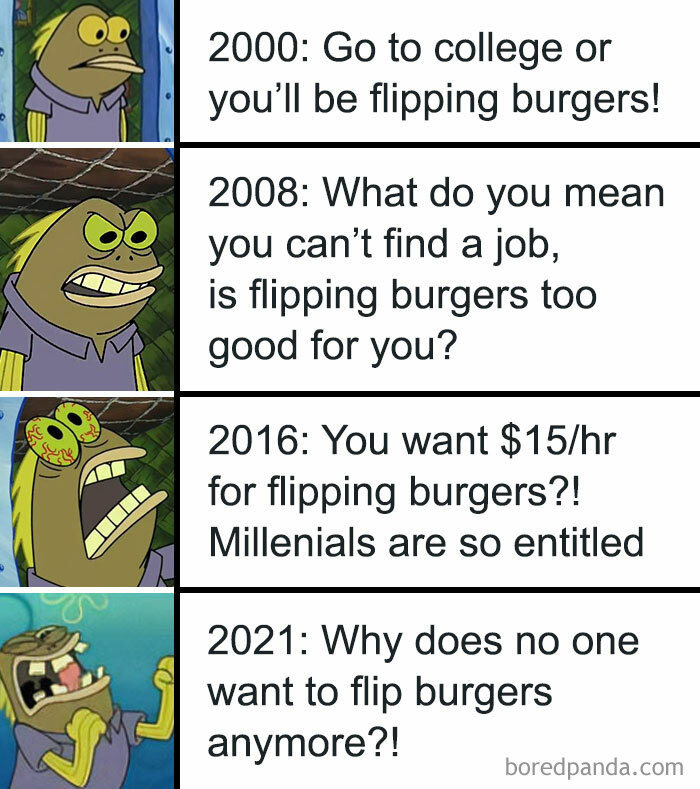
Image credits: General Strike
#16

Image credits: General Strike
#17
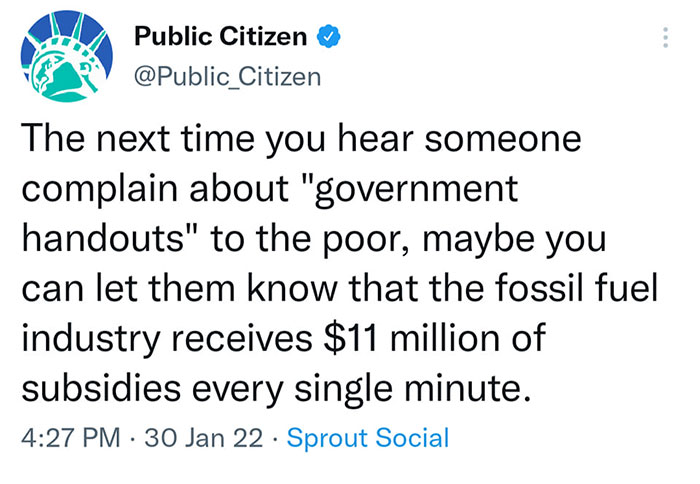
Image credits: General Strike
But over the last decade, the logic of markets and the workings of capitalism have been intensely questioned and challenged, both from the populist right and the socialist left. "Young Americans and supporters of the Democratic party are now more enthusiastic about socialism than capitalism (by 6% and 10% margins, respectively)," Reeves highlighted. "Leading candidates now proudly describe themselves as socialists – unthinkable just a few years ago. (Whether they are in fact socialists by any sensible definition of the term is of course another matter.)"
#18

Image credits: General Strike
#19
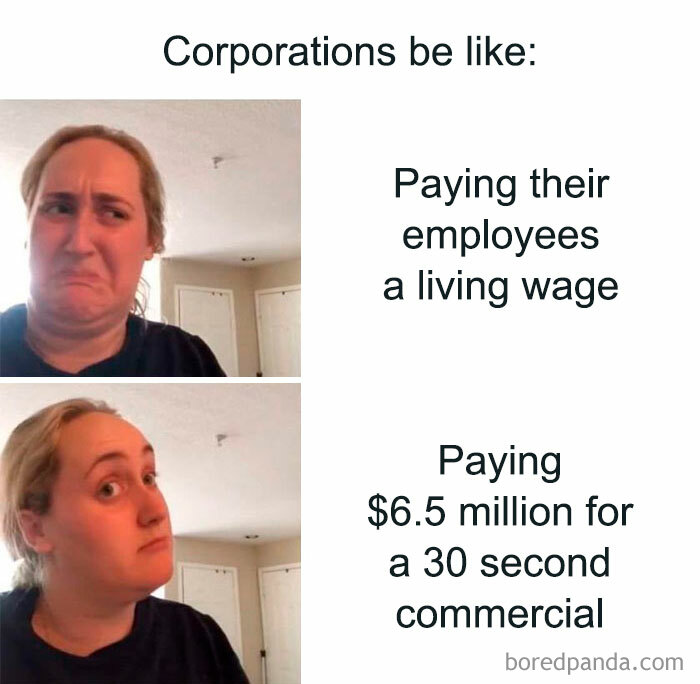
Image credits: General Strike
#20

Image credits: General Strike
#21
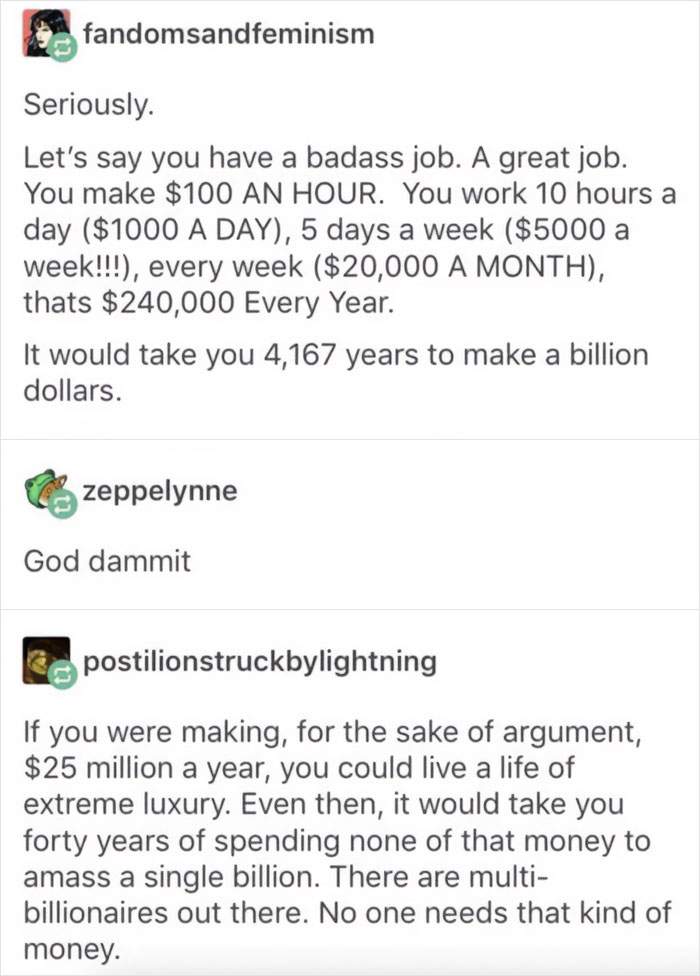
Image credits: General Strike
According to Reeves, there are two explanations for what happened to tear the connective tissue between growth and wages: the Productivity Story and the Power Story.
"The productivity story goes as follows: wages reflect the productivity of the worker; the modern economy rewards skills more than in the past; and lots of people have not upskilled quickly enough," he explained. "Under the wonky label 'skills-biased technological change', this view prevailed across most of the political spectrum well into this century. Free markets could deliver fair-enough outcomes, so long as everyone got the education and training they needed. 'Lifelong learning' became the mantra of all, and the cliched answer from politicians and scholars to the deepening problem of inequality."
#22

Image credits: General Strike
#23
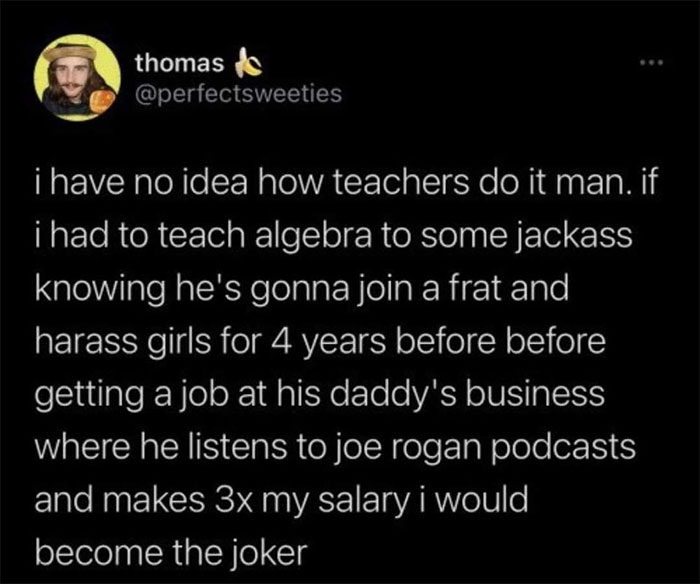
Image credits: General Strike
#24
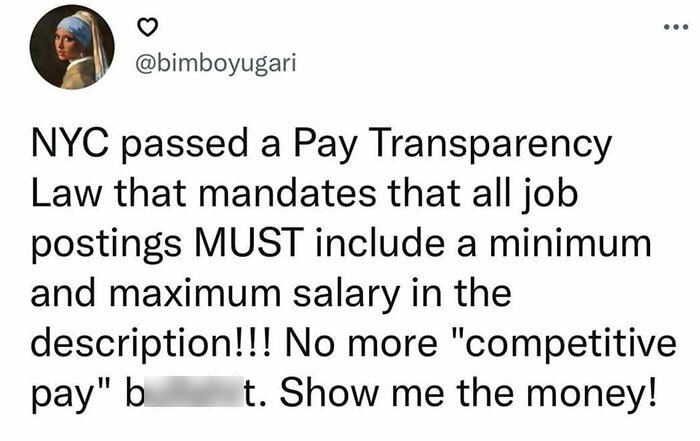
Image credits: General Strike
#25
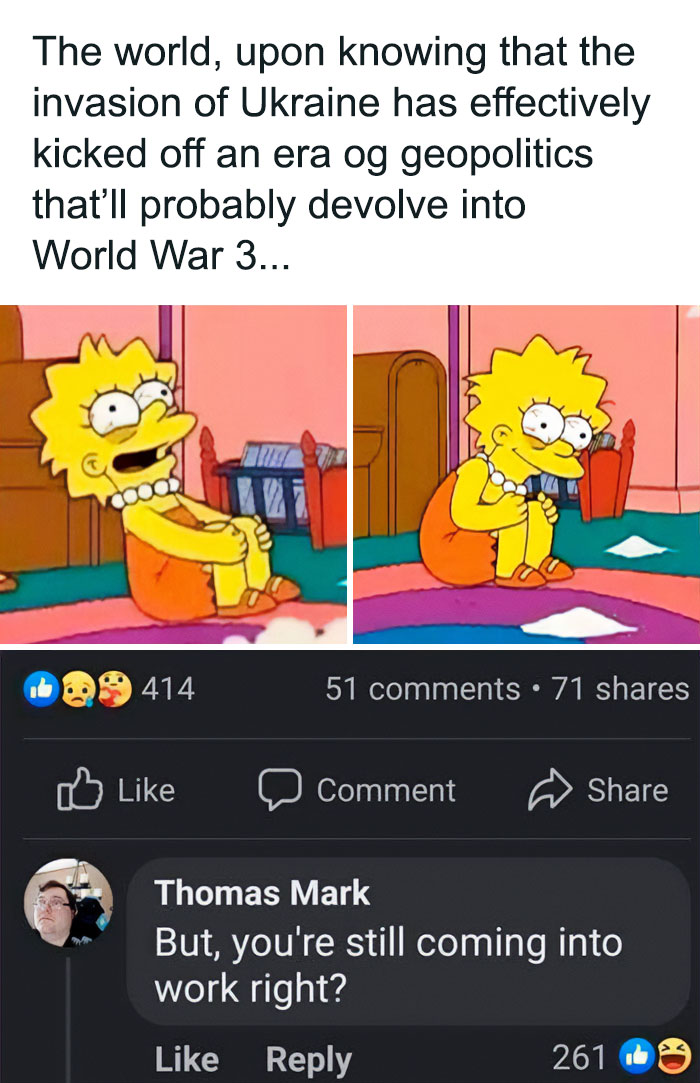
Image credits: General Strike
There are two problems with the productivity story. First, the necessary investments in education and training were never actually made—community colleges, the most common post-secondary destination for students from families in the bottom 80% of the income distribution, are underfunded, overstretched, and largely ignored by the policy elite. Lifelong learning never made it from the think tank policy briefs and Davos panels to the real lives of real people.
"The second problem is that productivity turns out to be only part of the story – and perhaps not even the most important part," Reeves said. "It is certainly wrong to claim that there is no relationship at all between productivity growth and wage growth. But the connection has certainly become less clear over time, and harder to square with the trends in wage inequality."
#26

Image credits: @jsolom100
#27

Image credits: General Strike
#28

Image credits: General Strike
#29
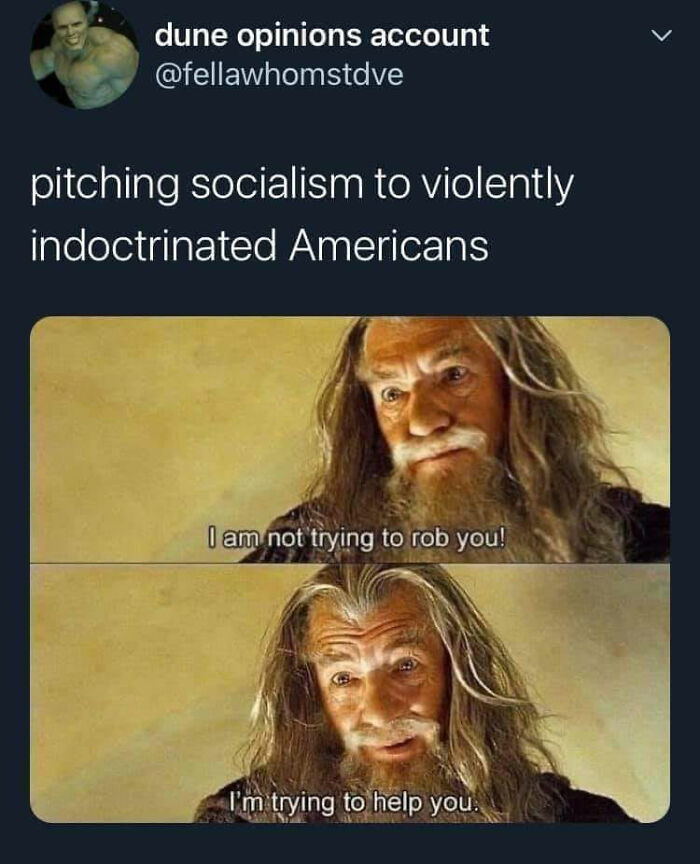
Image credits: General Strike
The power story, on the other hand, states that wages do not reflect the productivity of the worker, but their power. Lower wages are a reflection of growing powerlessness, the result of four intersecting trends. "First, unions have become almost mythical creatures, unicorns of the labor market," Reeves said. "Just one in 20 workers in the US private sector are members of a trade union, down from more than one in four in the 1950s. Sometime around 1980, US businesses declared war on unions, and won."
Second, the wage gap between similarly qualified workers in different companies has increased. "One widely cited study finds that one-third of the increase in the earnings gap from 1978 to 2013 occurred within firms, while two-thirds of the rise occurred between firms. It is the market power of one firm versus another that determines wages, rather than the power of a particular employer versus its workers. Even if workers can get organized, they cannot force a completely different employer to share more of their surplus with them. (Now that would be socialism.)"
So the question is can we rewrite these stories?
#30
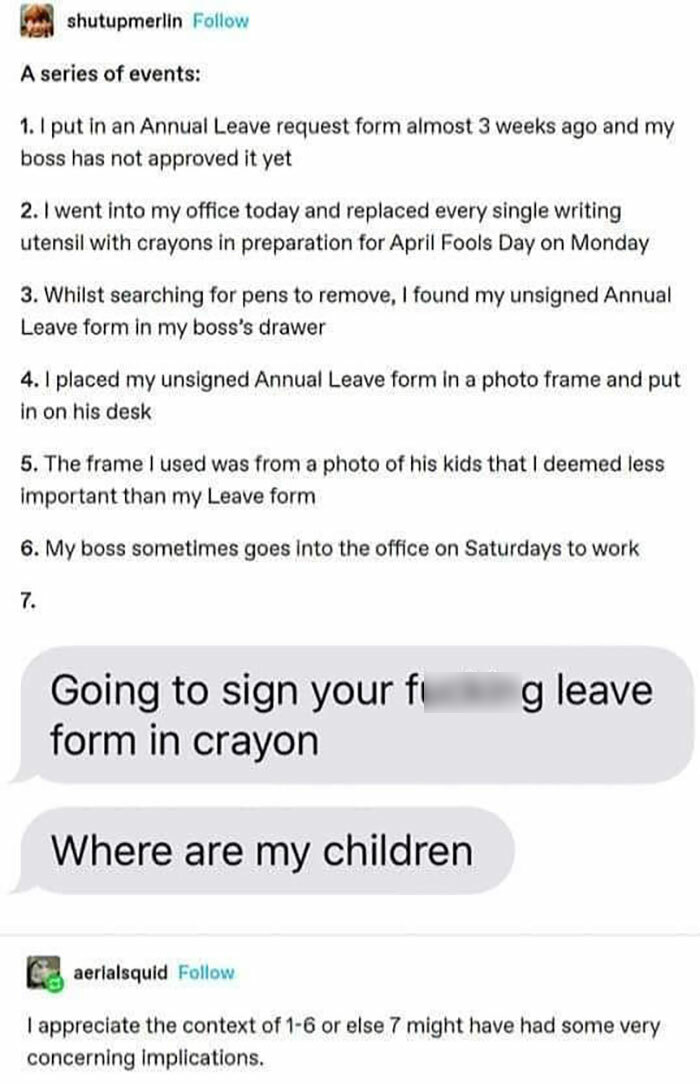
Image credits: General Strike
#31
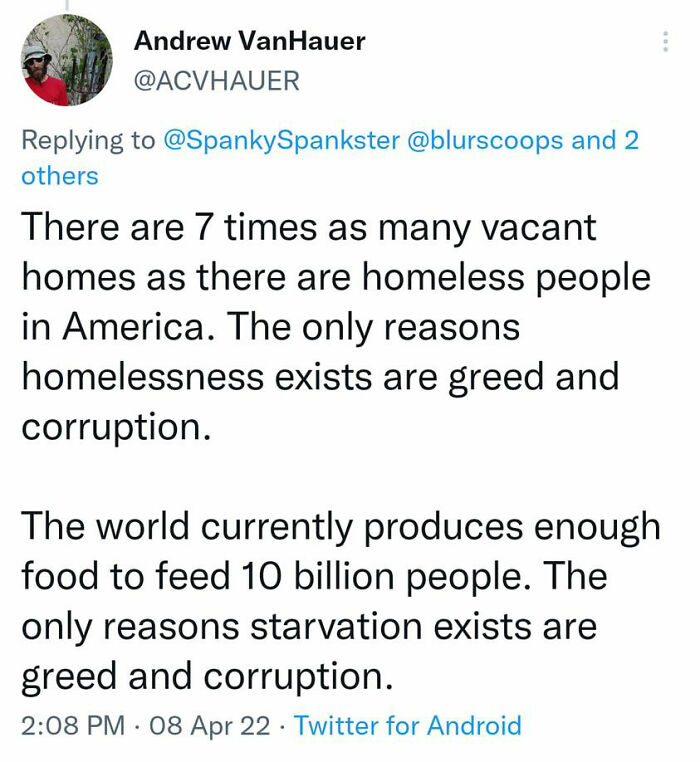
Image credits: General Strike
#32
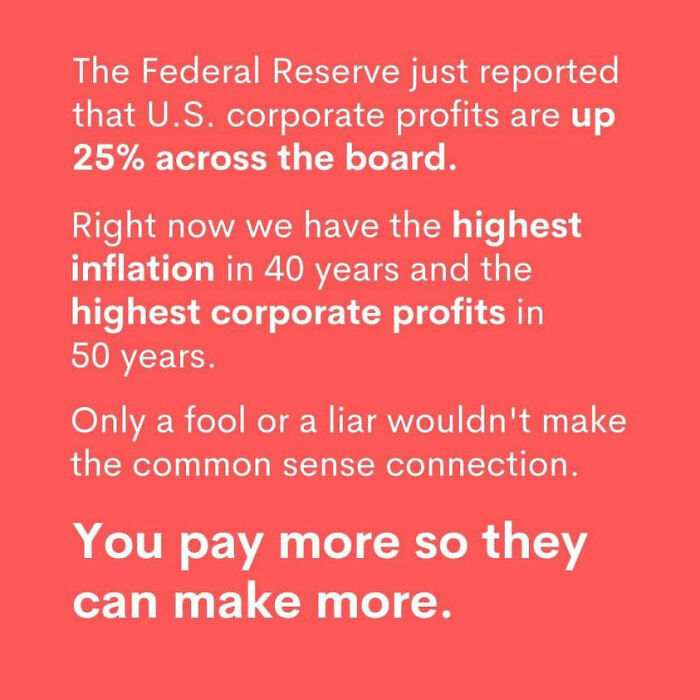
Image credits: General Strike
#33

Image credits: existentialcoms
#34
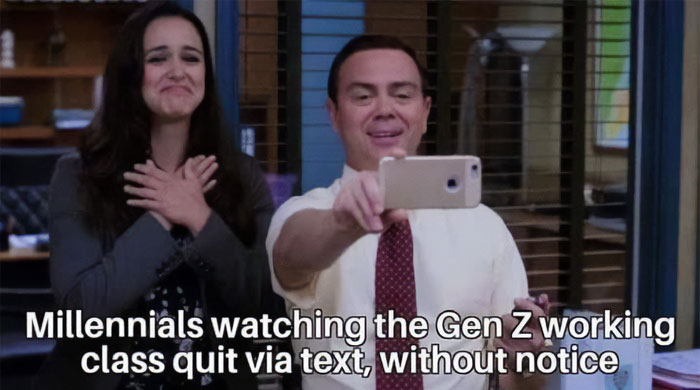
Image credits: General Strike
#35

Image credits: General Strike
#36
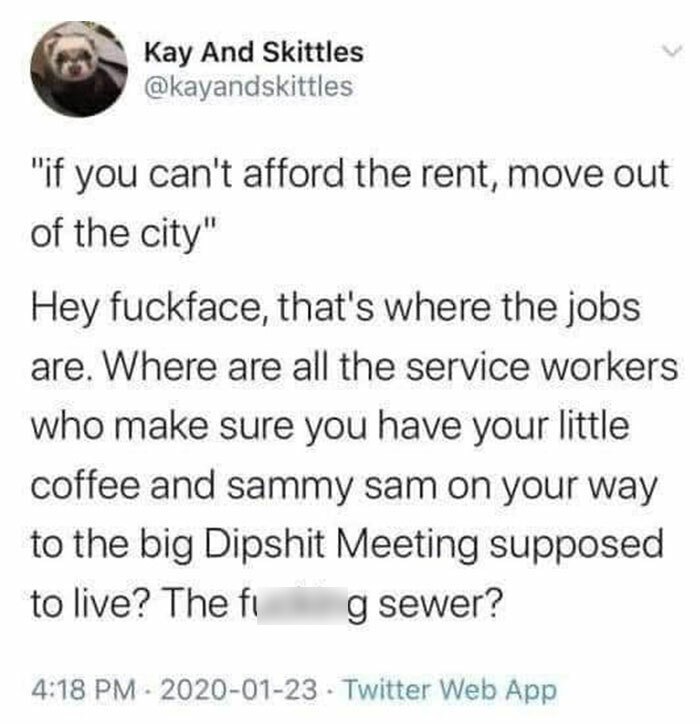
Image credits: General Strike
#37
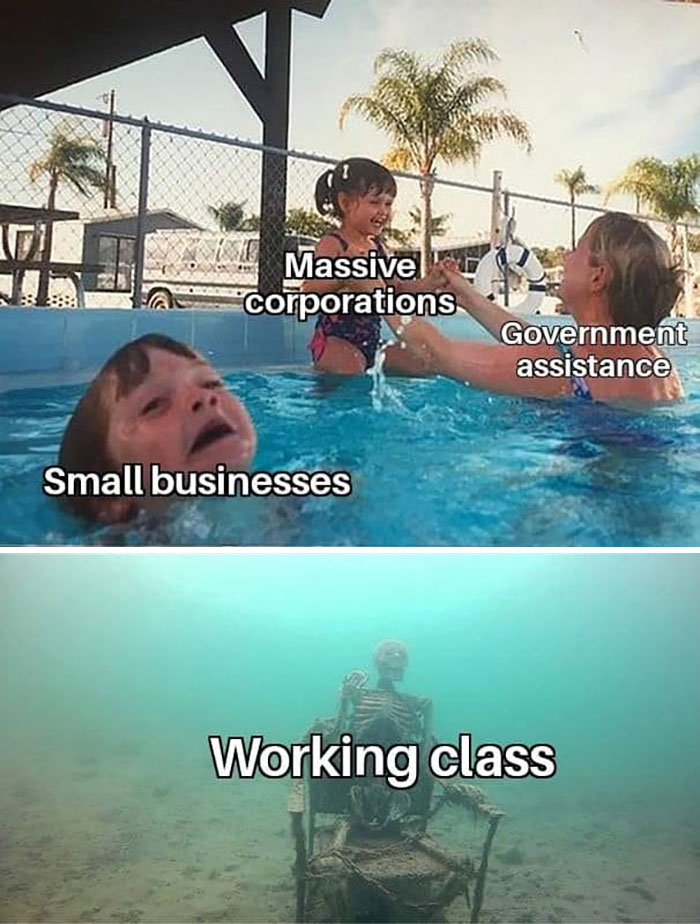
Image credits: General Strike
#38
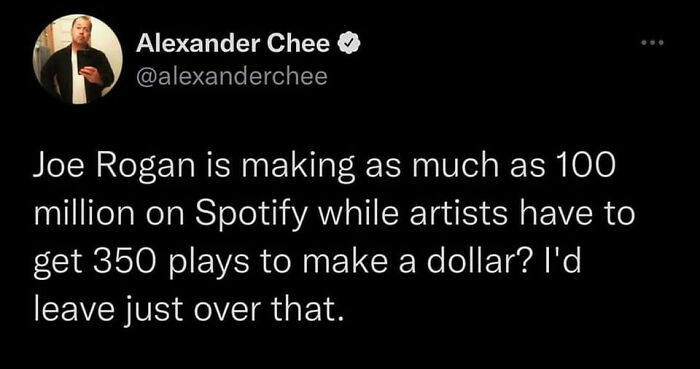
Image credits: General Strike
#39
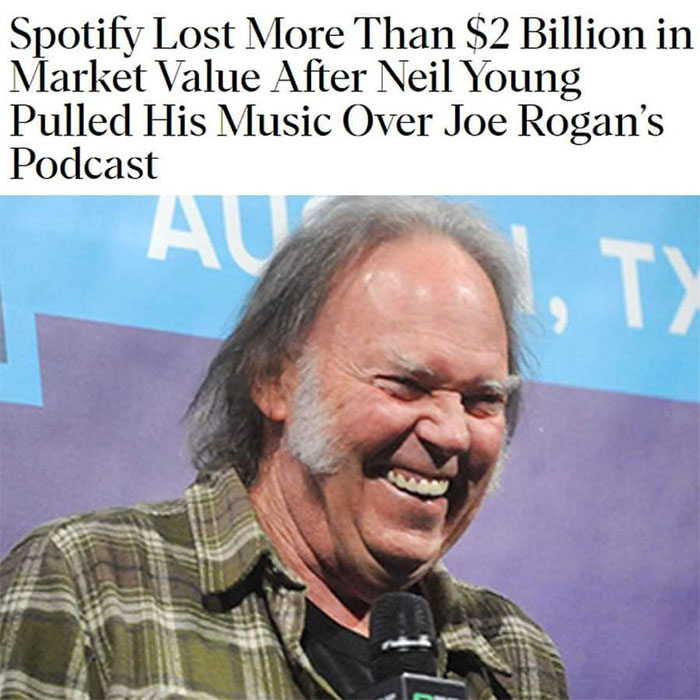
Image credits: General Strike
#40
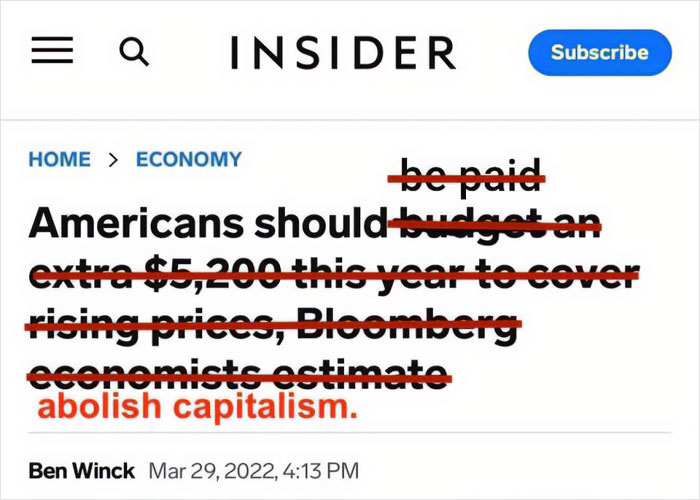
Image credits: General Strike
#41
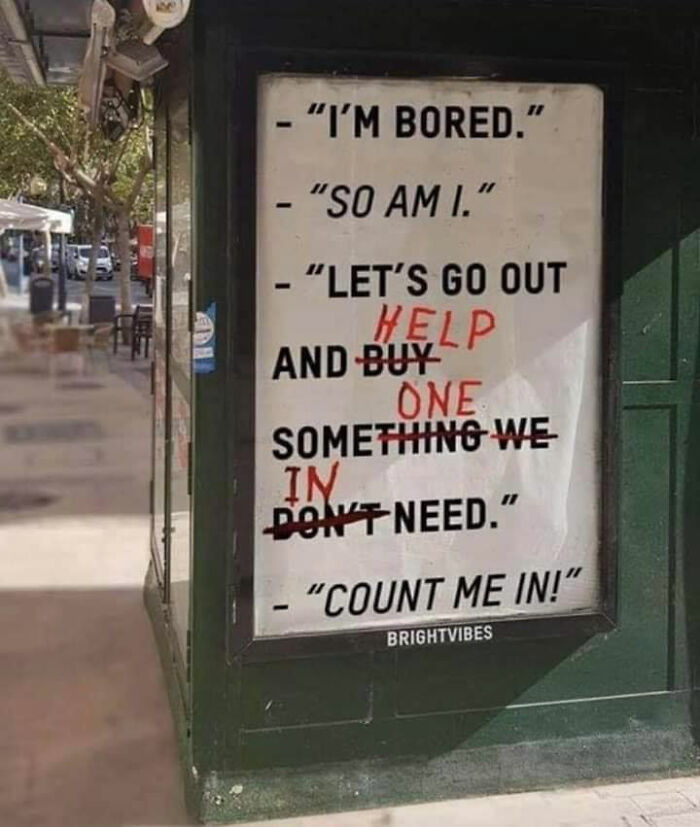
Image credits: General Strike
#42
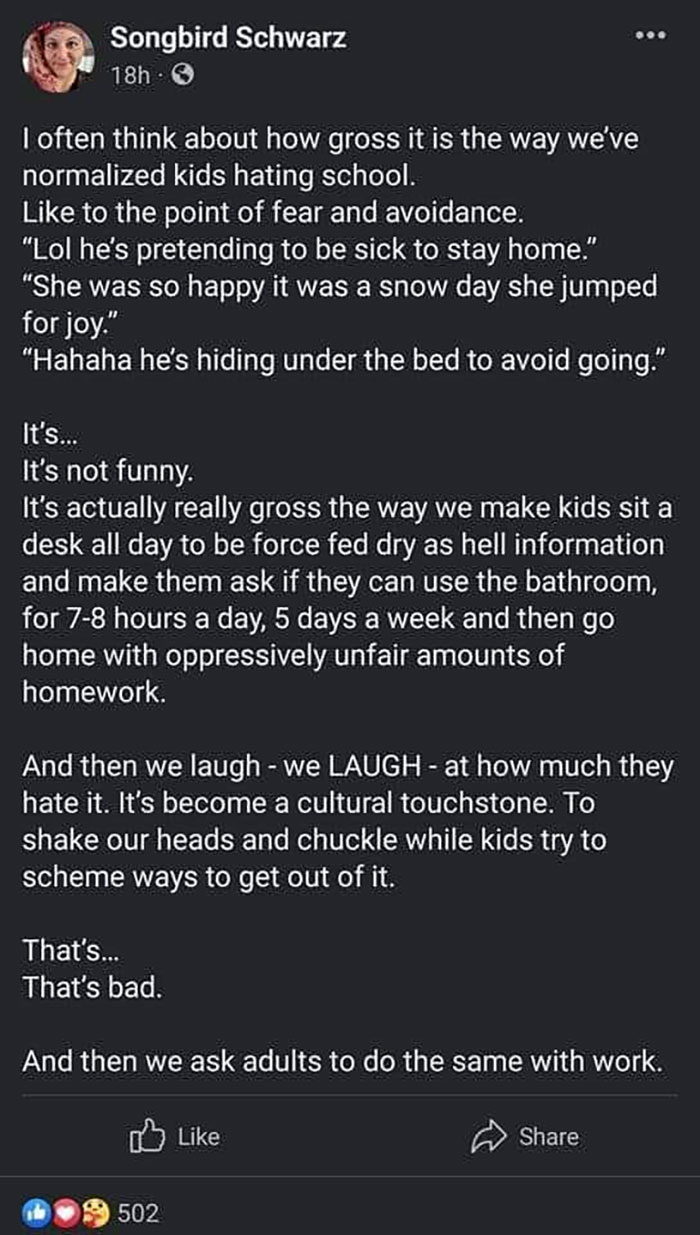
Image credits: General Strike
#43

Image credits: General Strike
#44
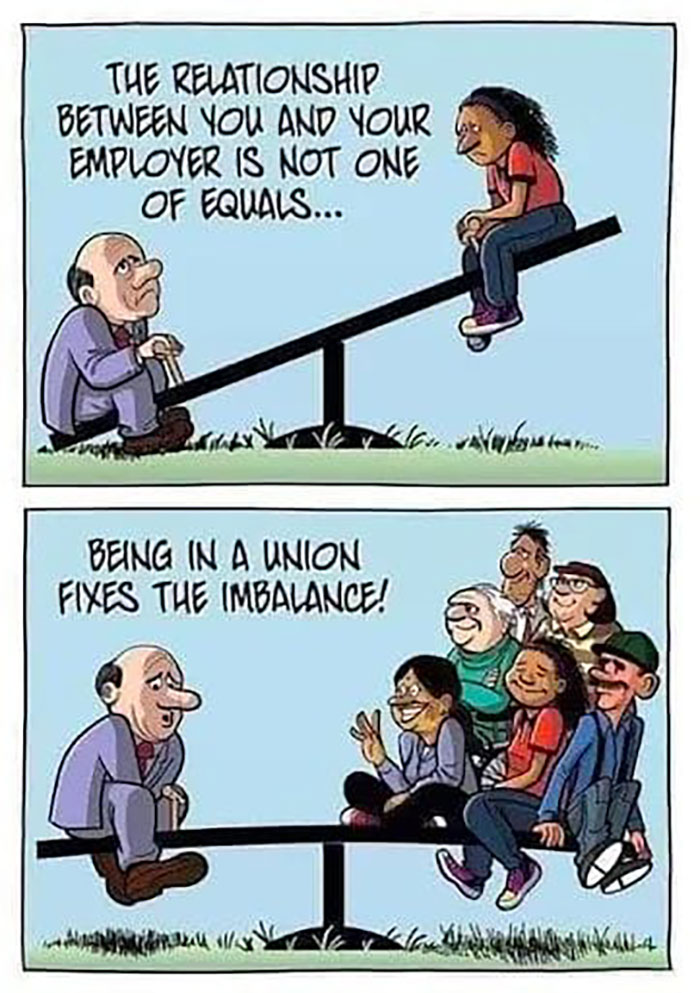
Image credits: General Strike
#45

Image credits: General Strike
#46
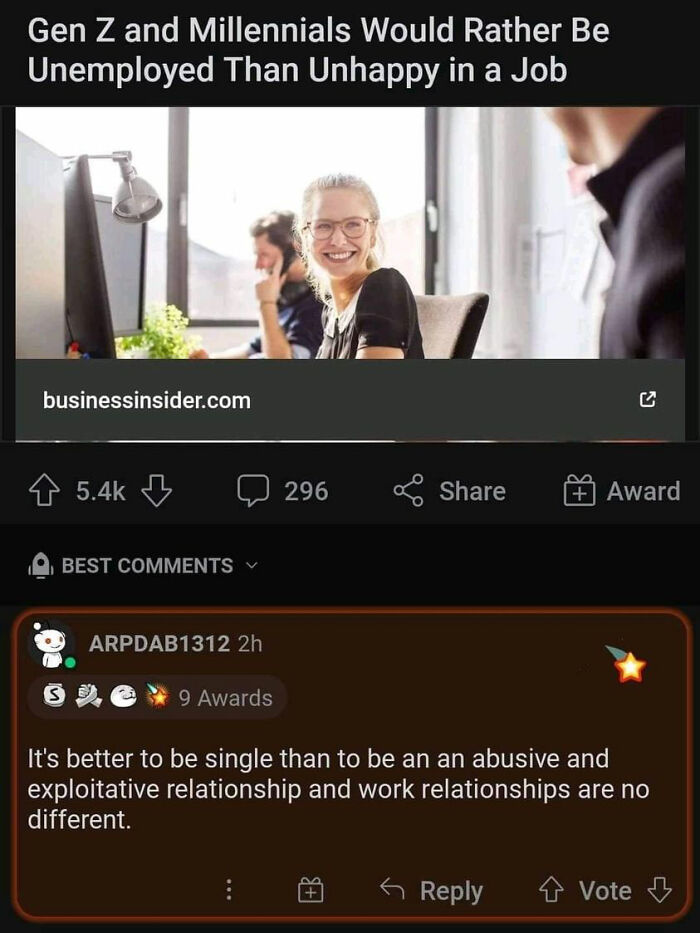
Image credits: General Strike
#47
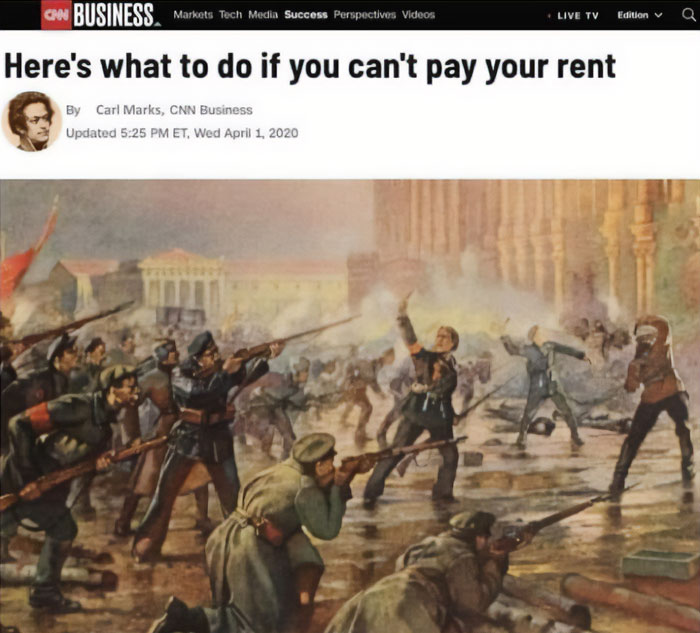
Image credits: General Strike
#48
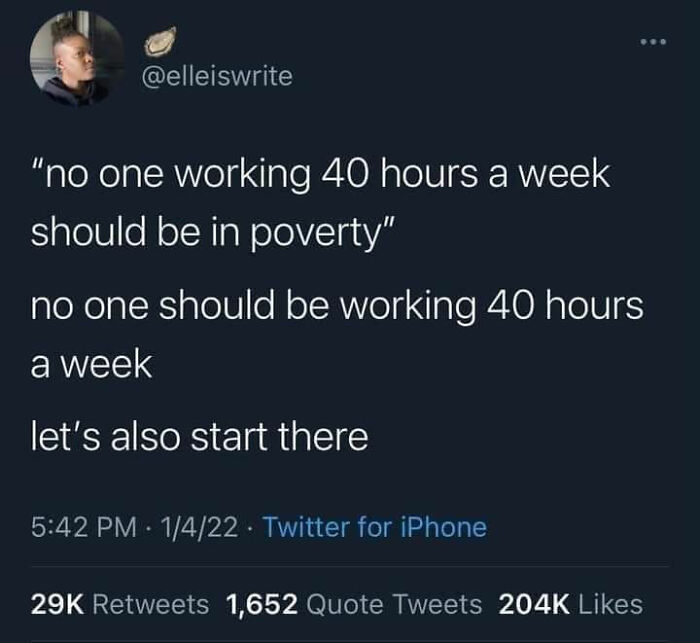
Image credits: General Strike
#49
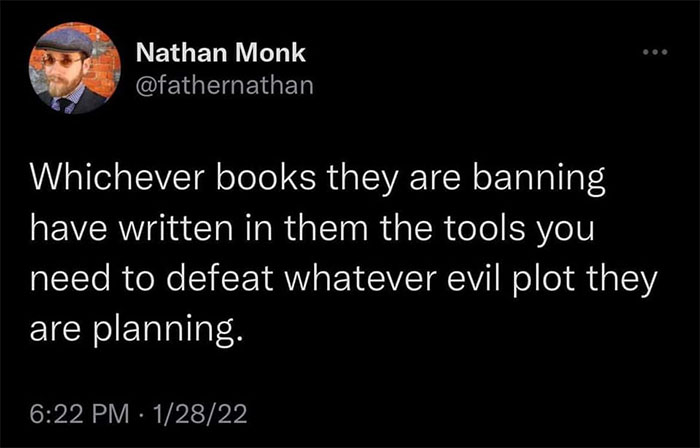
Image credits: General Strike
#50

Image credits: General Strike
#51

Image credits: General Strike
#52
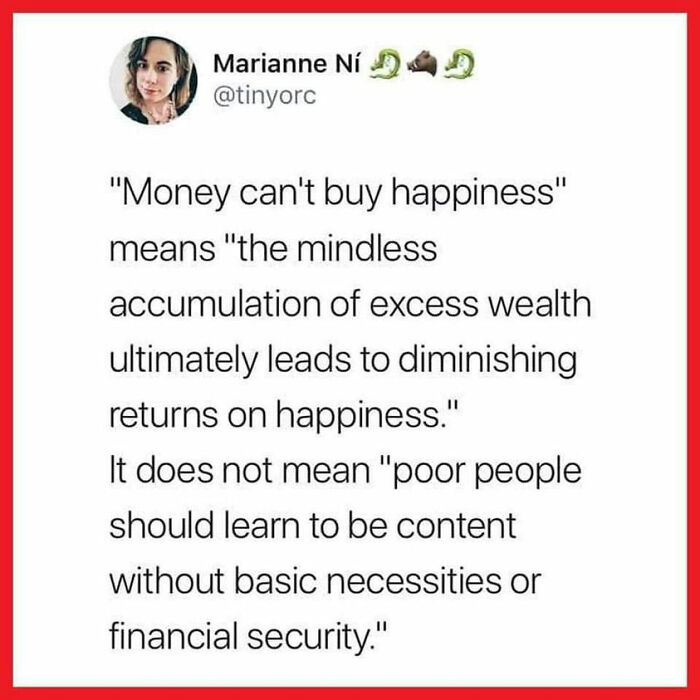
Image credits: General Strike
#53
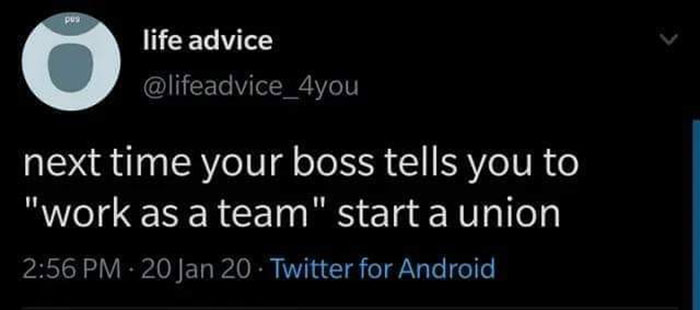
Image credits: General Strike
#54
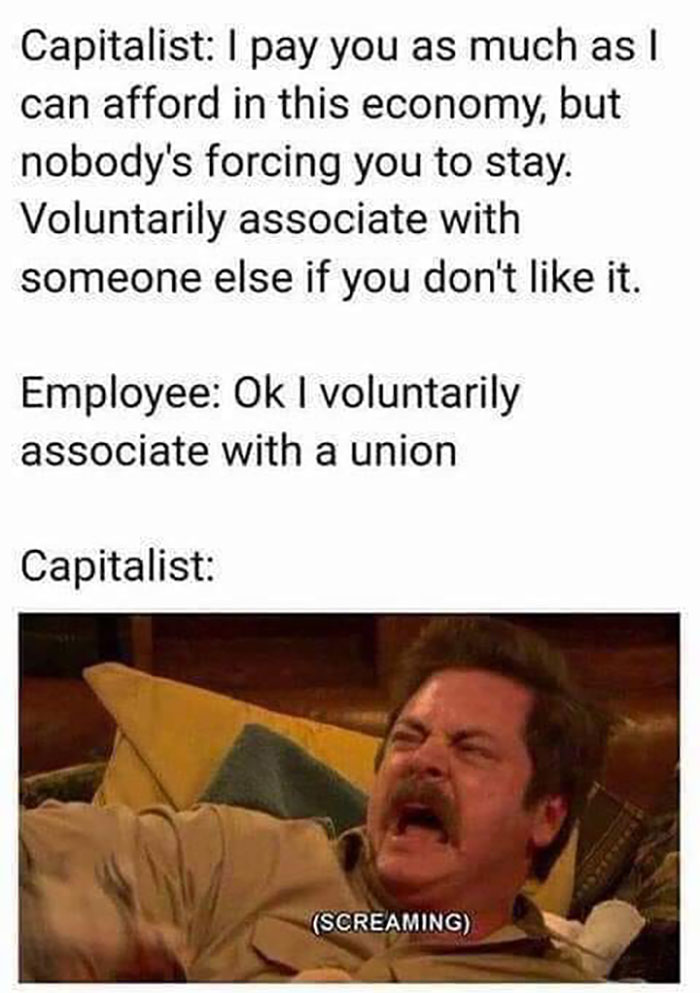
Image credits: General Strike
#55

Image credits: General Strike
#56

Image credits: General Strike
#57
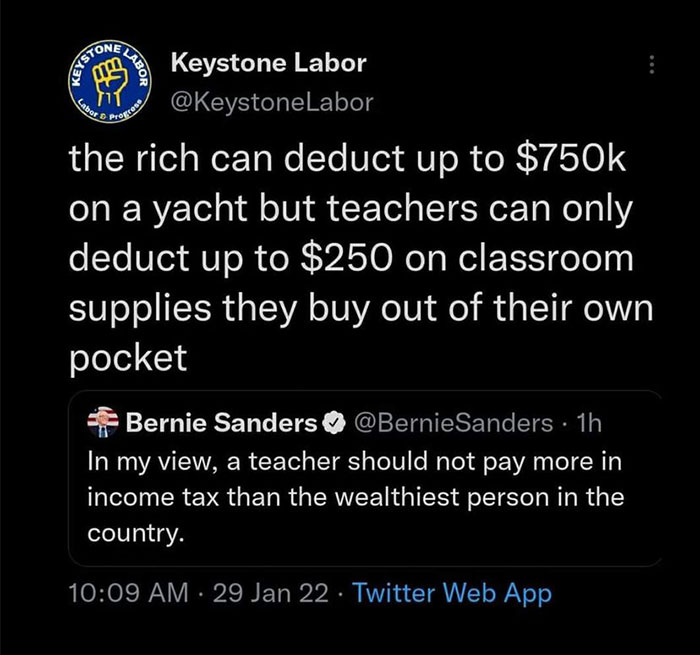
Image credits: General Strike
#58

Image credits: General Strike
#59
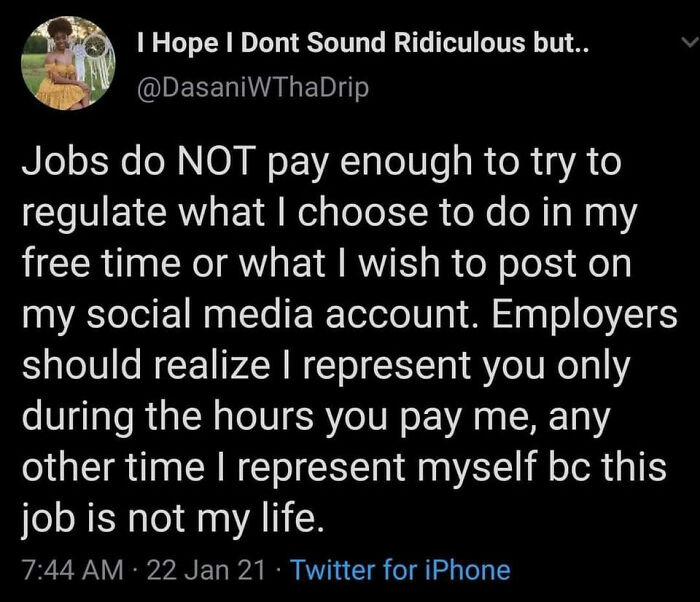
Image credits: General Strike
#60
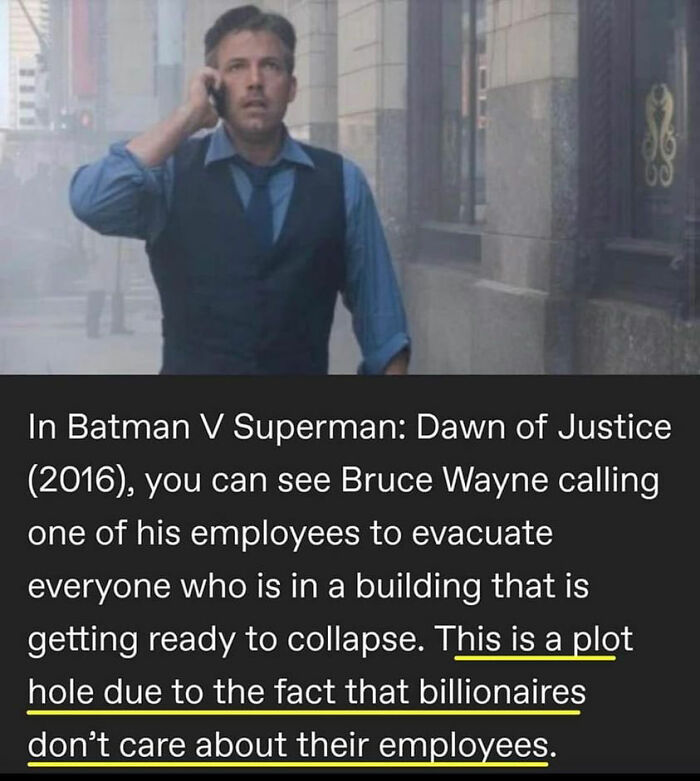
Image credits: General Strike
#61
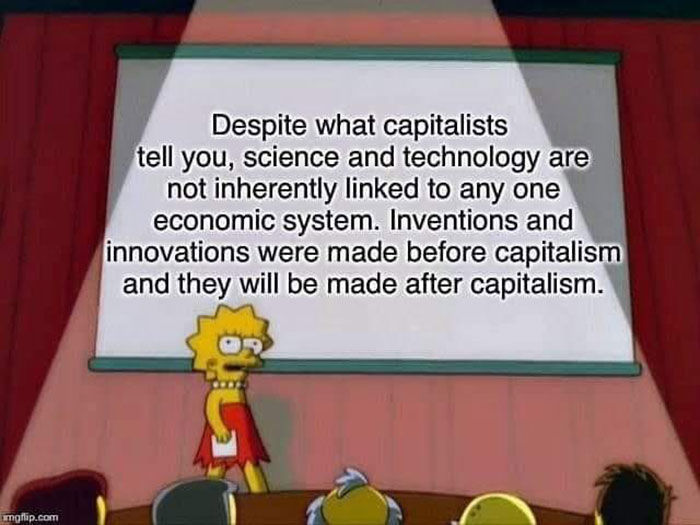
Image credits: General Strike
#62
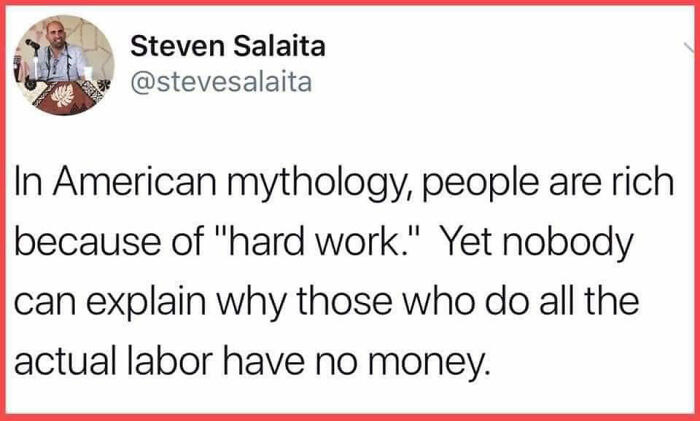
Image credits: General Strike
#63
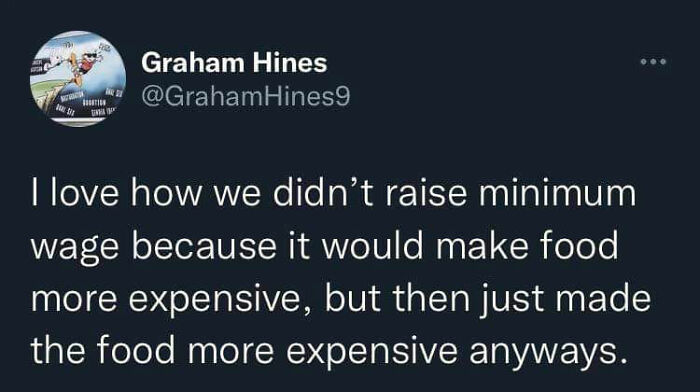
Image credits: General Strike
#64
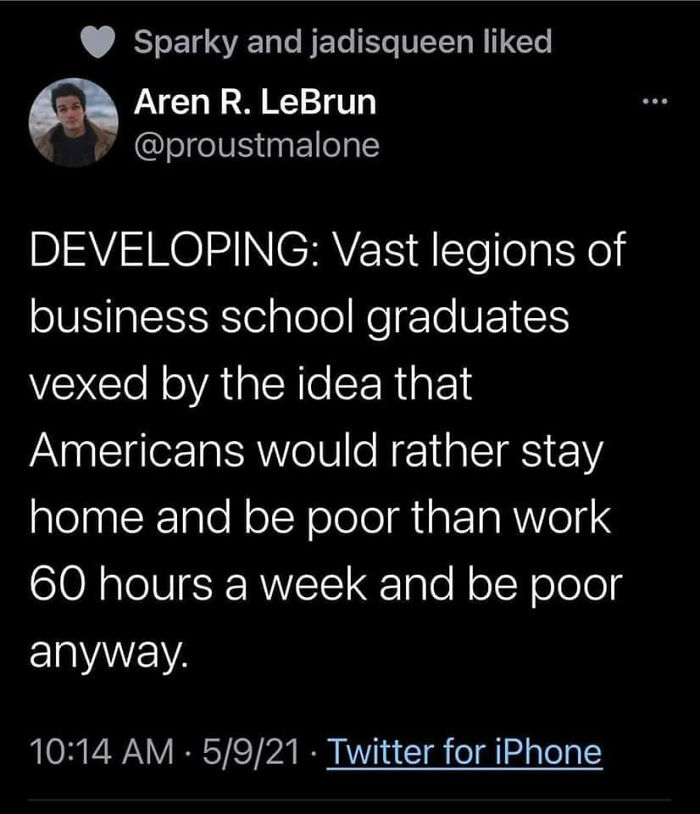
Image credits: General Strike
#65

Image credits: General Strike
#66

Image credits: General Strike
#67
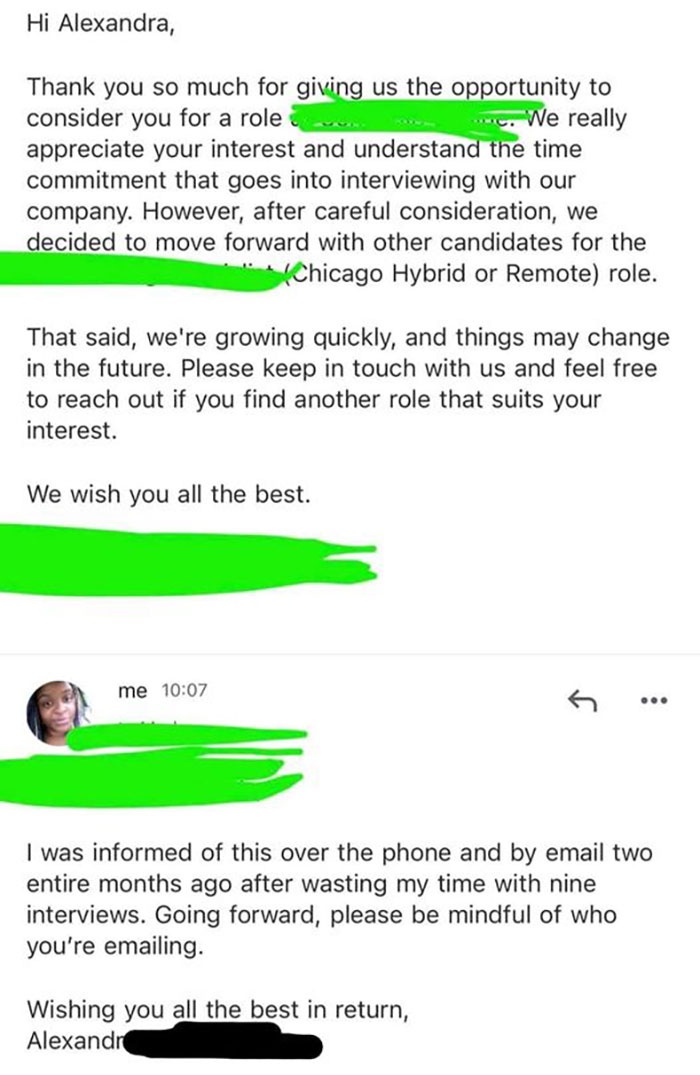
Image credits: General Strike
#68
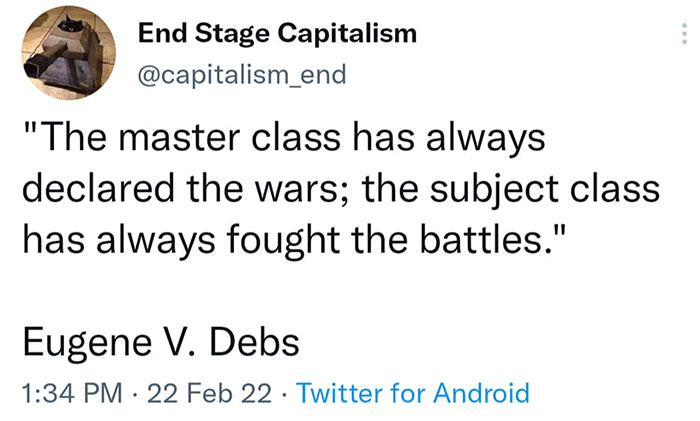
Image credits: General Strike
#69

Image credits: General Strike
#70

Image credits: @POTUS
#71

Image credits: @JackWilliamRtF
#72

Image credits: General Strike
#73
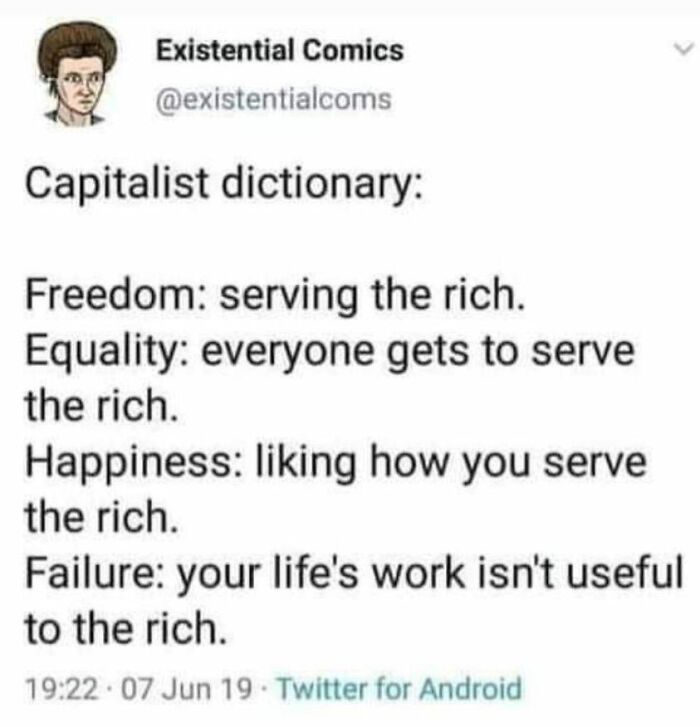
Image credits: General Strike
#74

Image credits: General Strike
#75
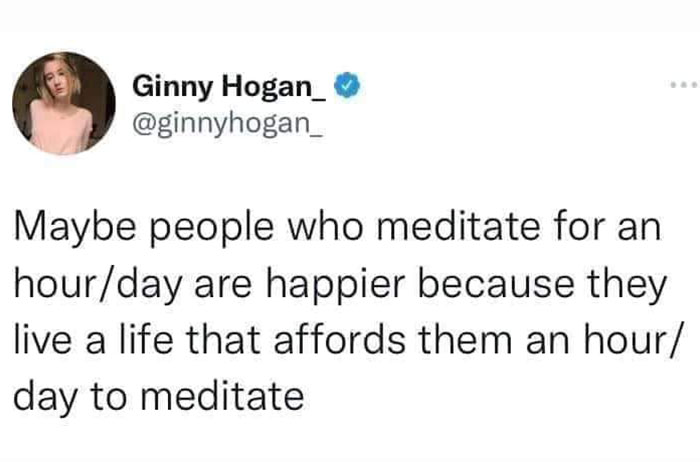
Image credits: General Strike
#76
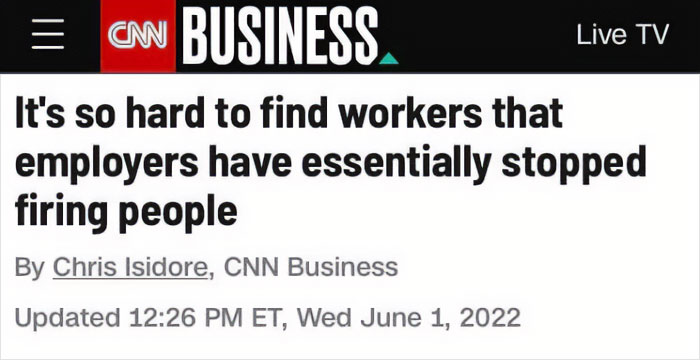
Image credits: General Strike
#77

Image credits: @Dr_C_Thompson
#78
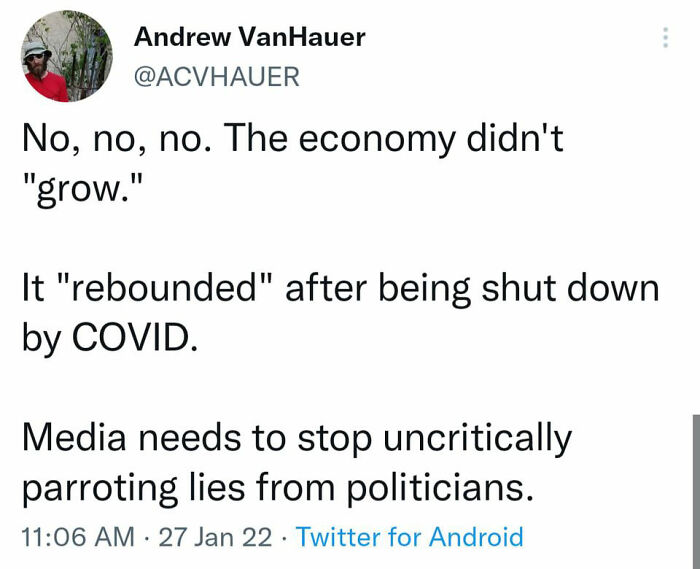
Image credits: General Strike
#79
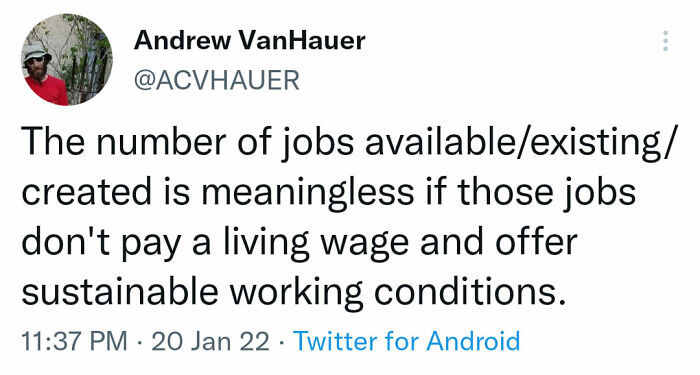
Image credits: General Strike
#80

Image credits: General Strike
#81
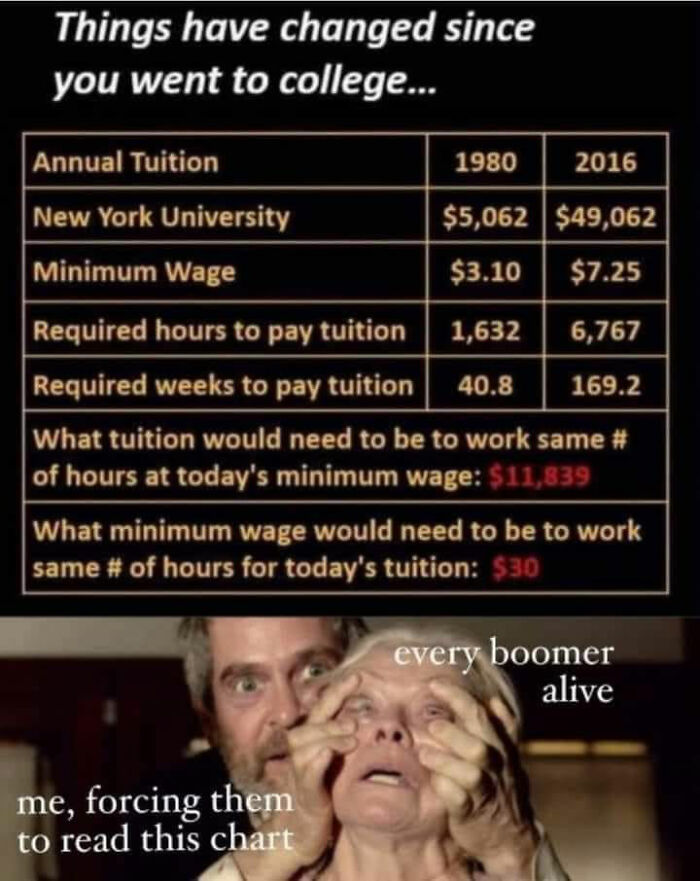
Image credits: General Strike
#82
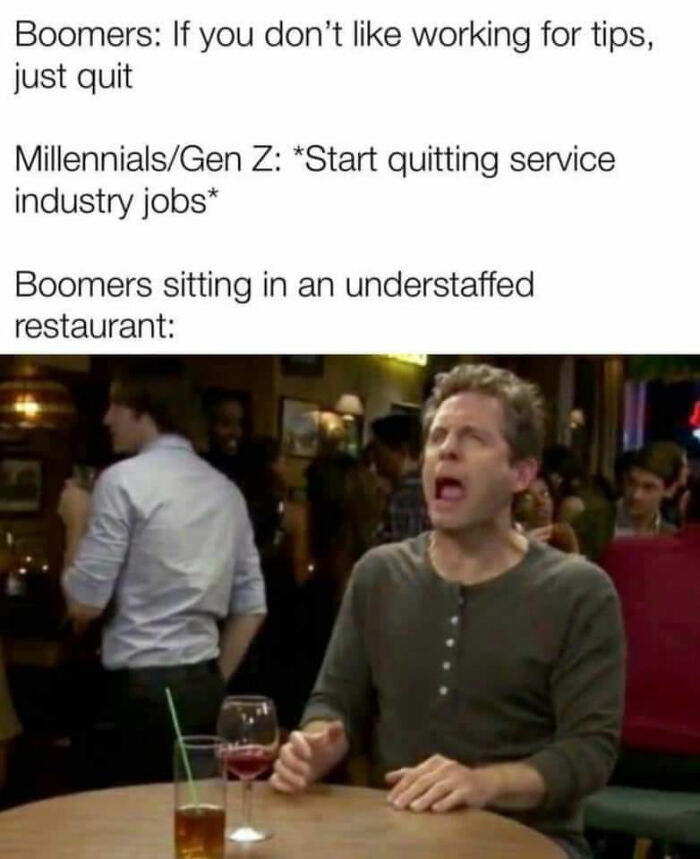
Image credits: General Strike
#83

Image credits: General Strike
#84
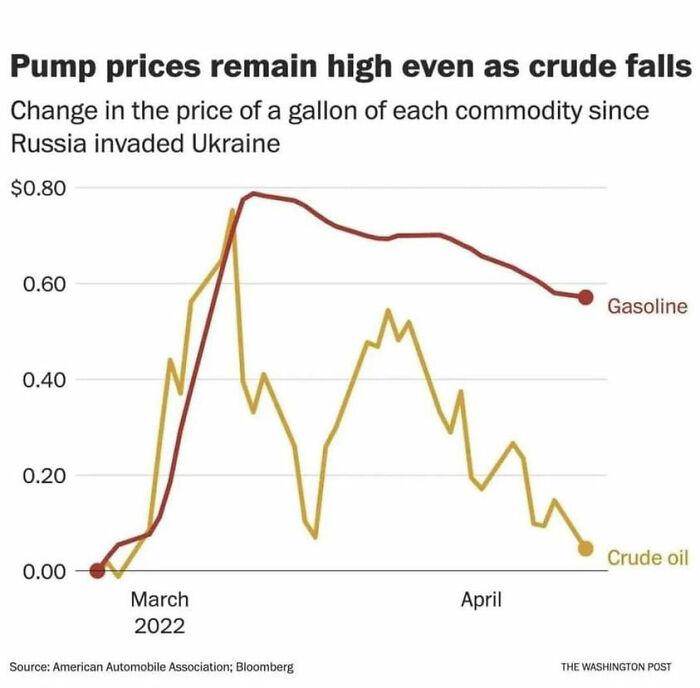
Image credits: THE WASHINGTON POST
#85
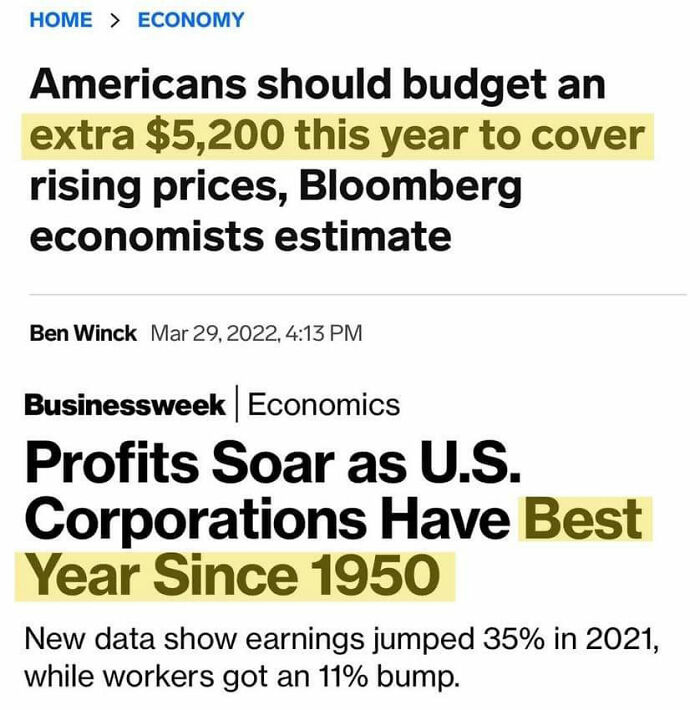
Image credits: General Strike
#86

Image credits: General Strike
#87
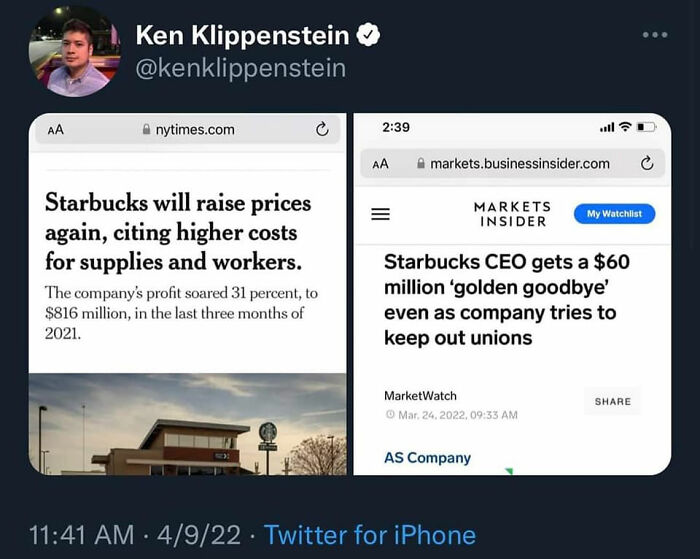
Image credits: General Strike
#88
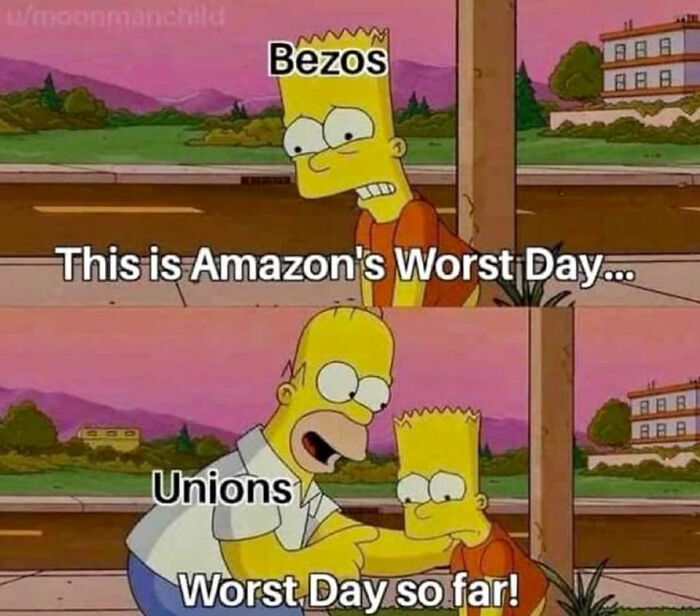
Image credits: General Strike
#89

Image credits: General Strike
#90

Image credits: General Strike
#91

Image credits: General Strike
#92

Image credits: General Strike
#93
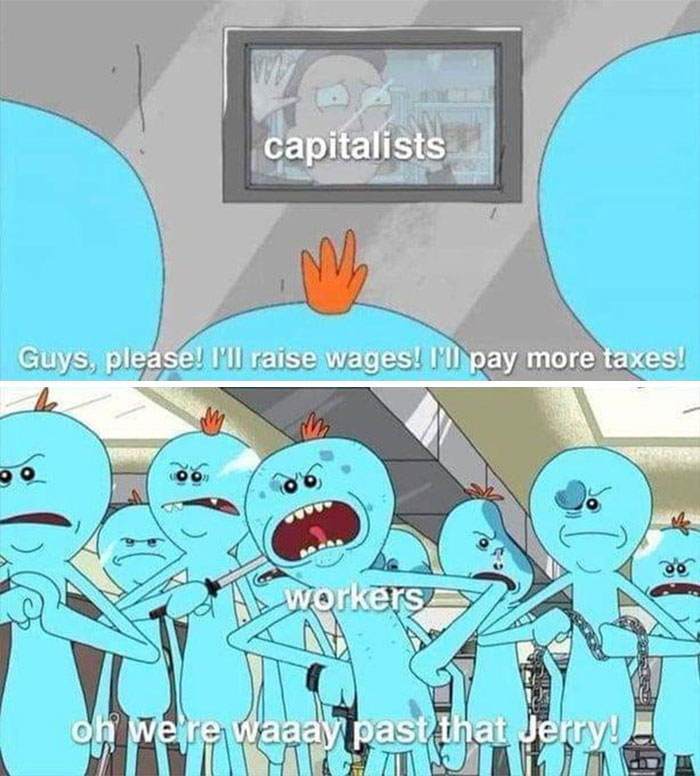
Image credits: General Strike
#94
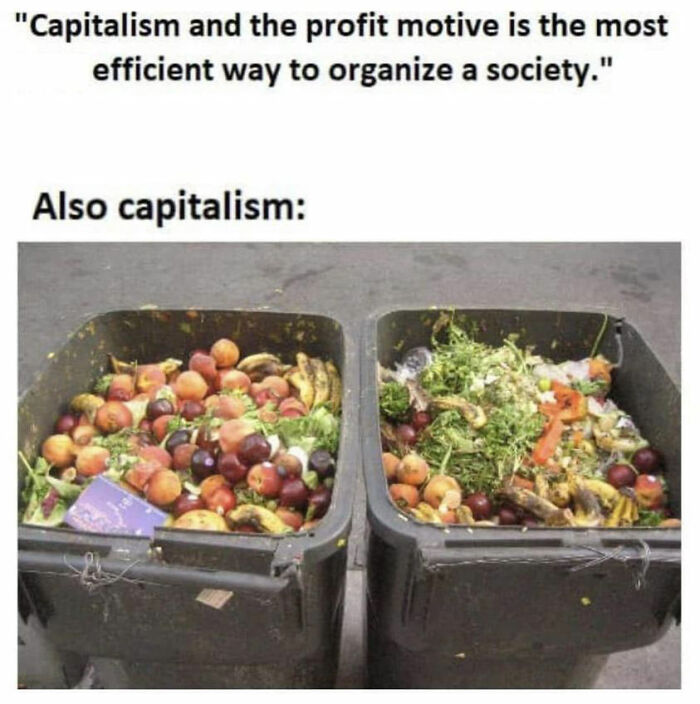
Image credits: General Strike
#95
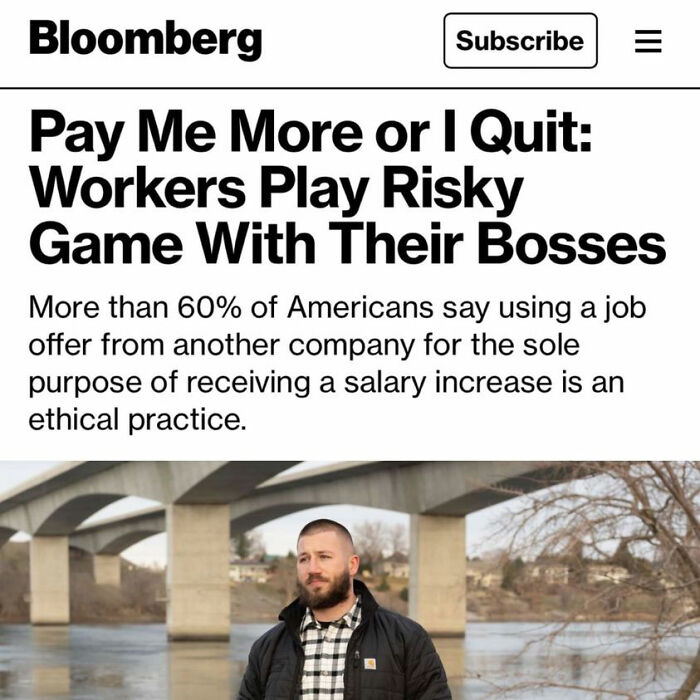
Image credits: General Strike
#96

Image credits: General Strike
#97

Image credits: General Strike
#98
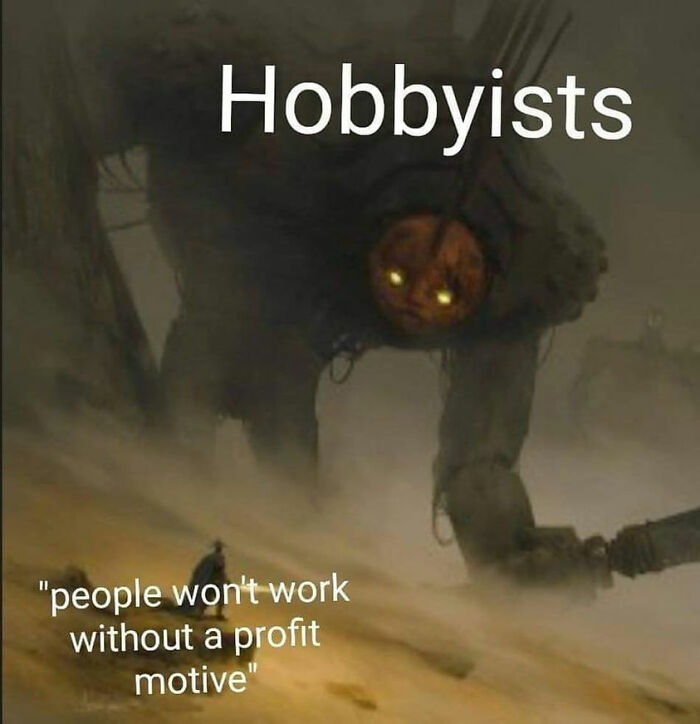
Image credits: General Strike
#99
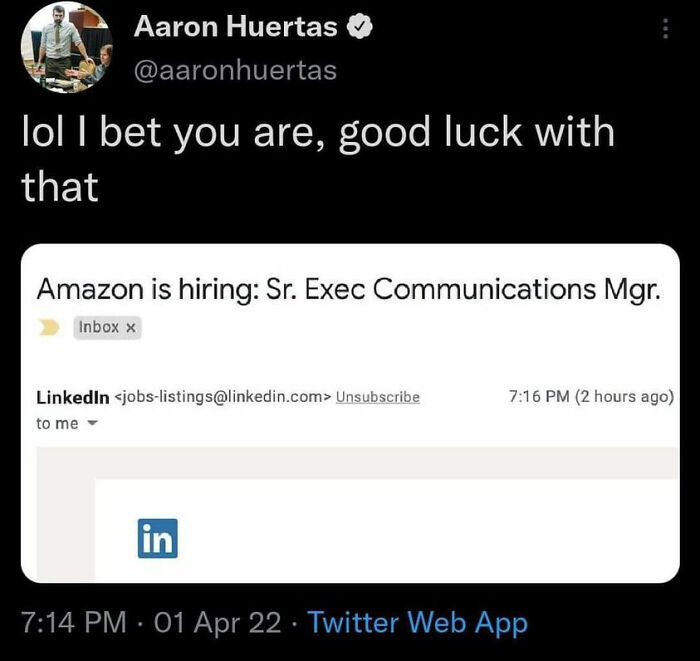
Image credits: General Strike
#100
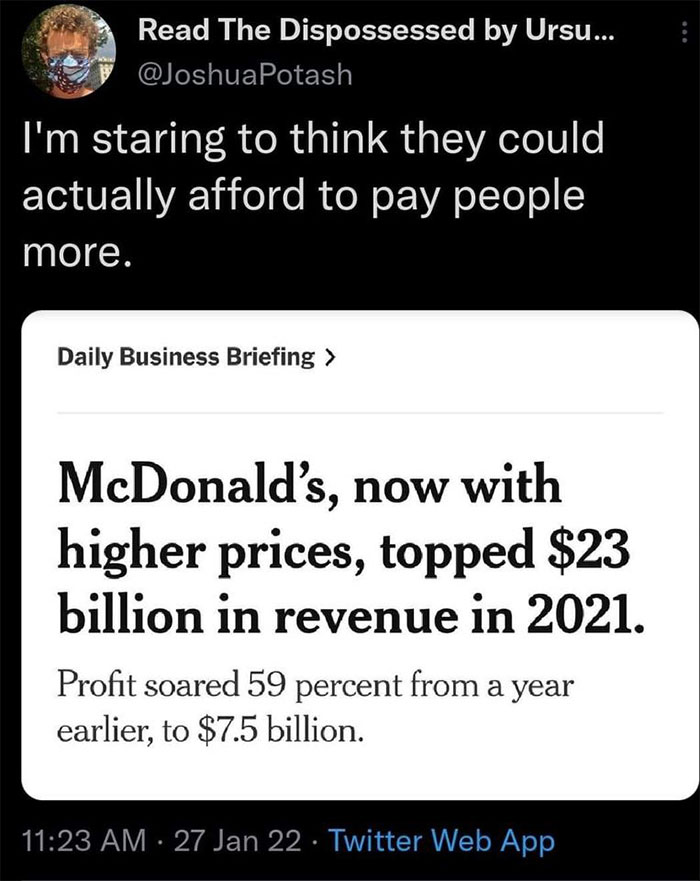
Image credits: General Strike
#101

Image credits: ElisaStoneLeahy
#102
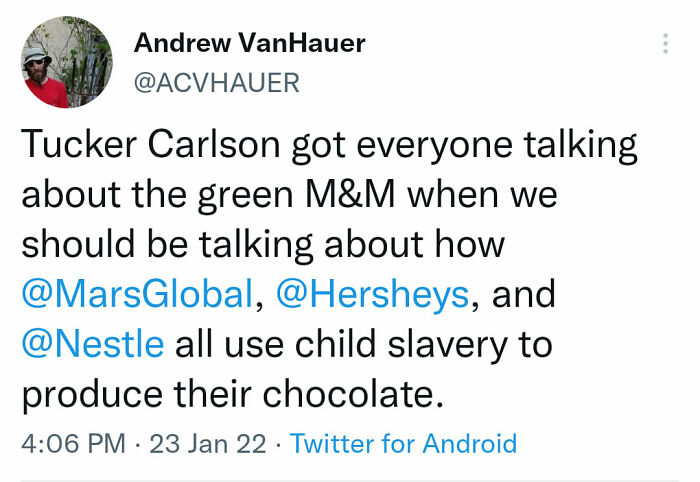
Image credits: General Strike
#103
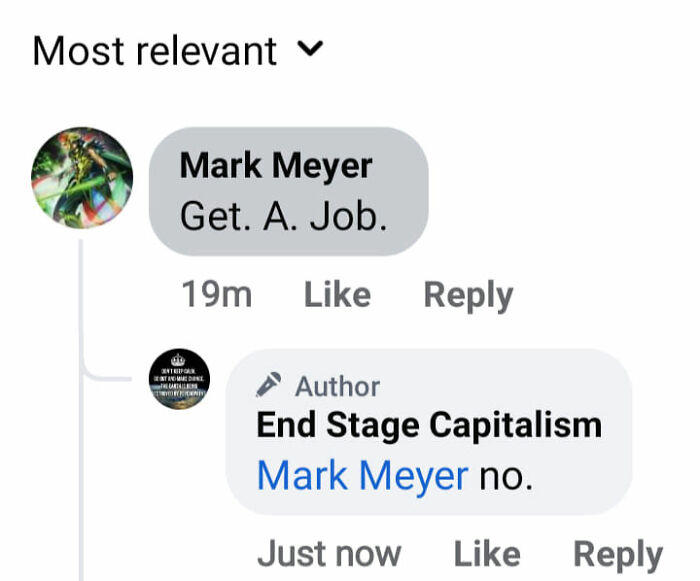
Image credits: General Strike
#104
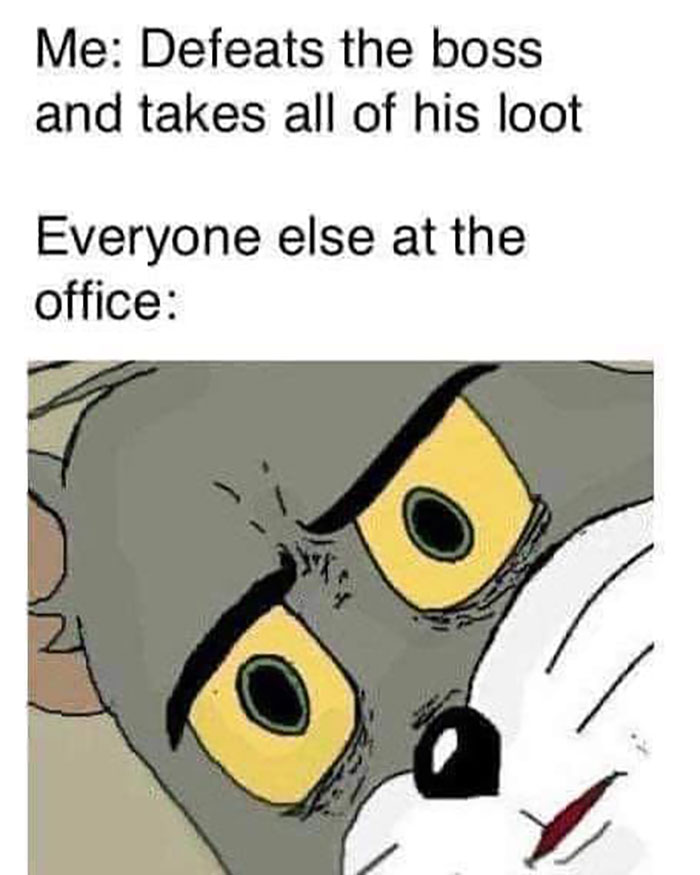
Image credits: General Strike
#105

Image credits: General Strike
#106
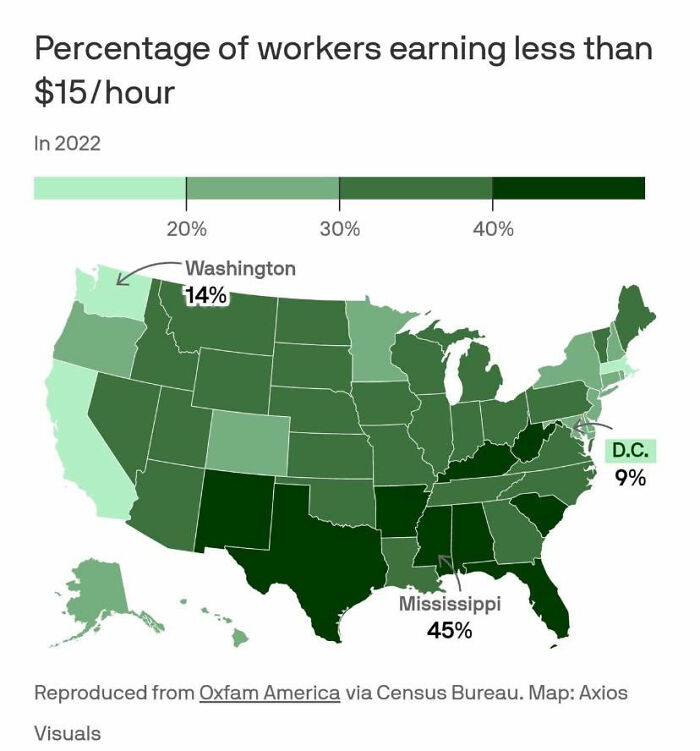
Image credits: General Strike
#107

Image credits: General Strike
#108

Image credits: General Strike
#109
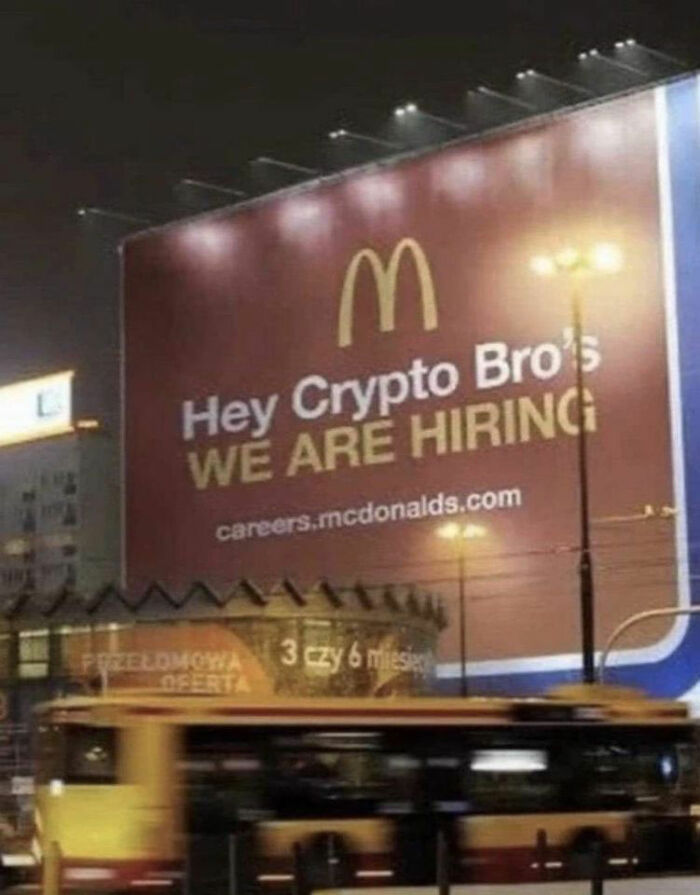
Image credits: General Strike
#110
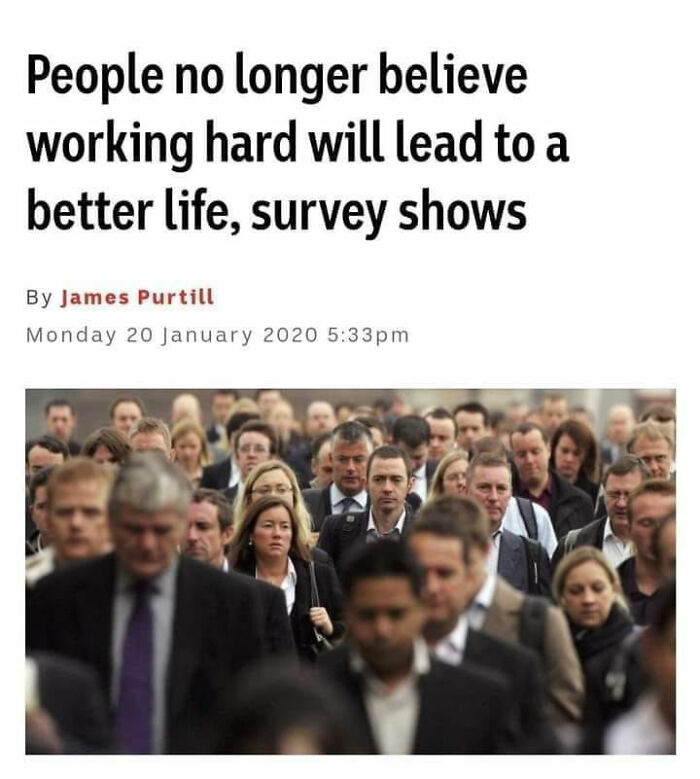
Image credits: General Strike
#111
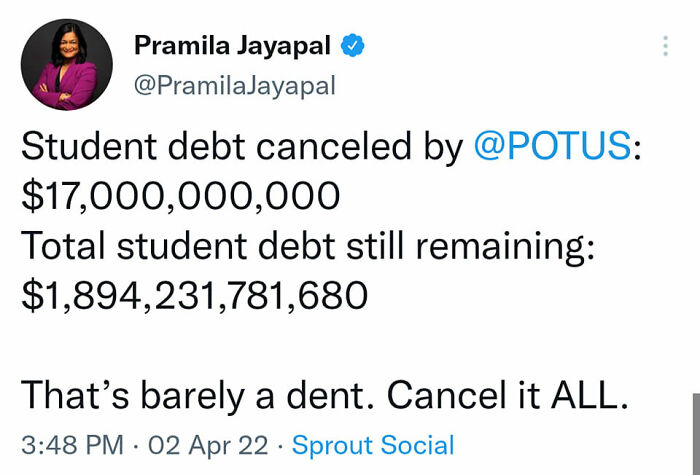
Image credits: General Strike
#112
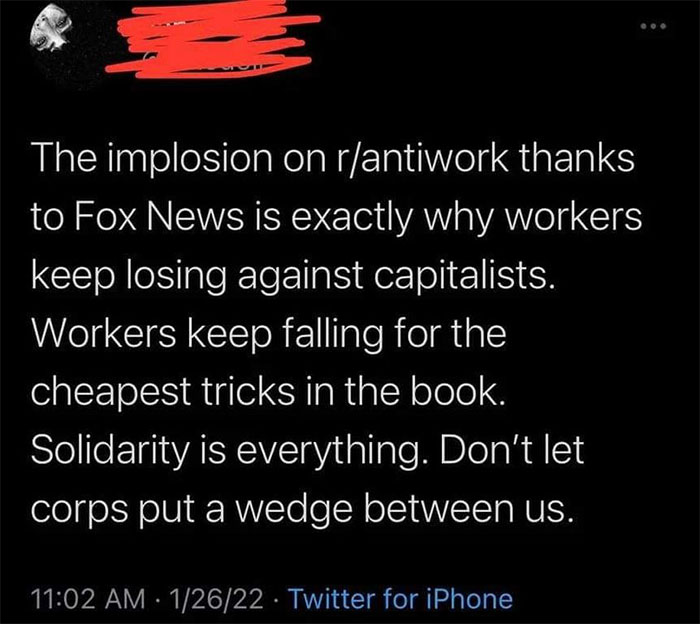
Image credits: General Strike
#113

Image credits: General Strike
#114
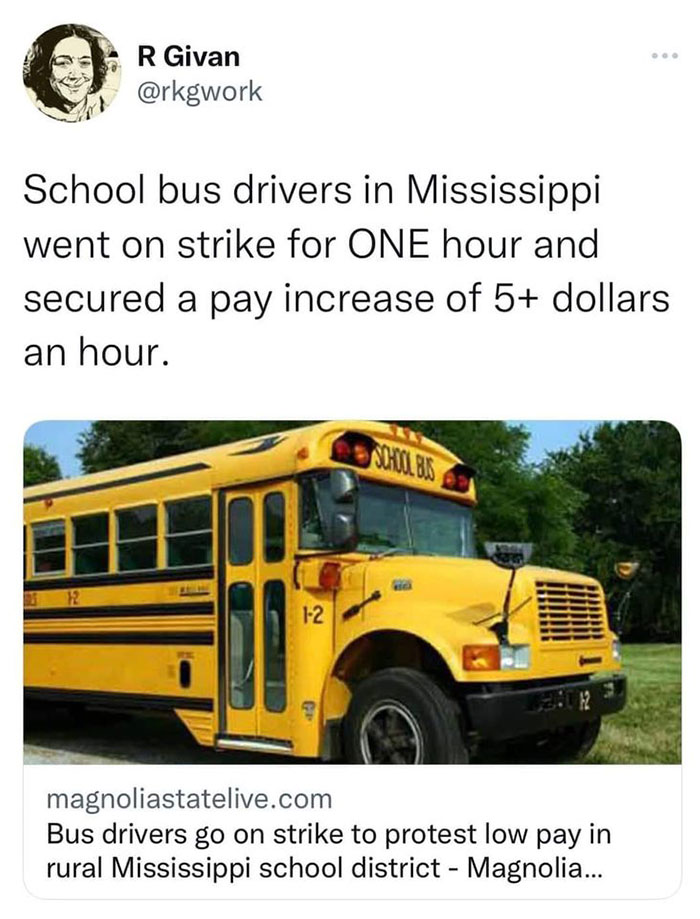
Image credits: General Strike
#115
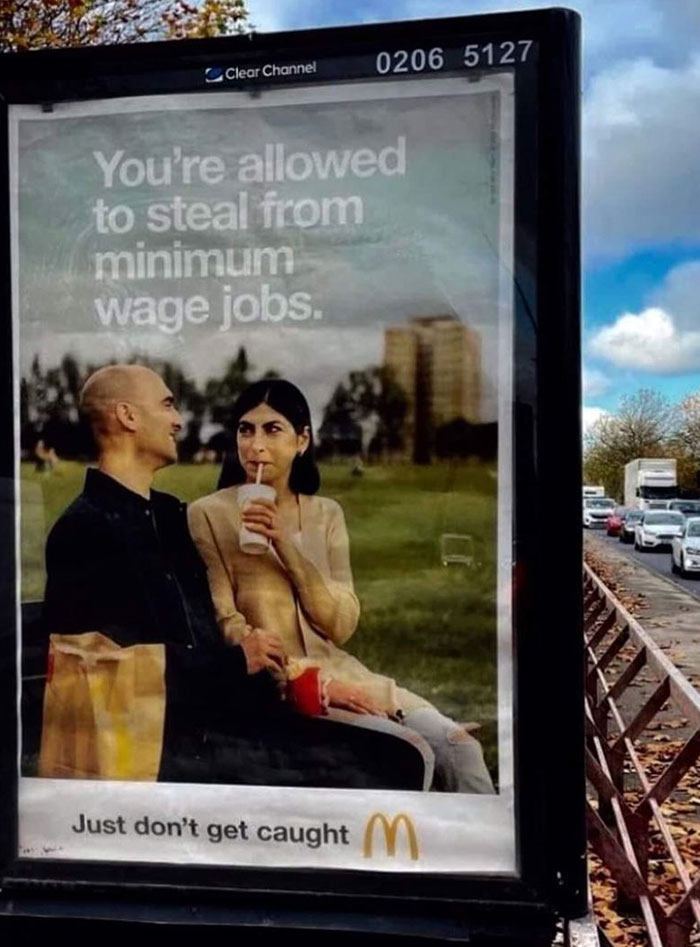
Image credits: General Strike
#116

Image credits: General Strike
#117

Image credits: General Strike
#118

Image credits: General Strike
#119
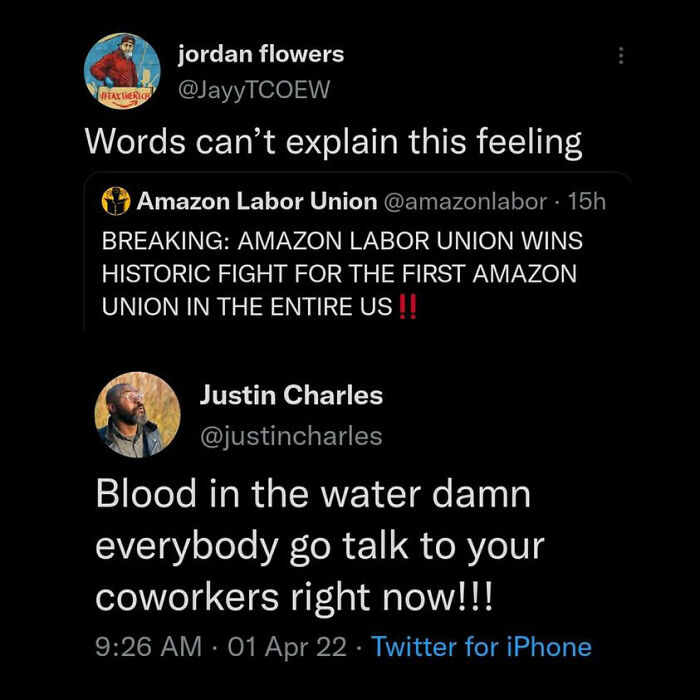
Image credits: General Strike
#120

Image credits: General Strike
#121
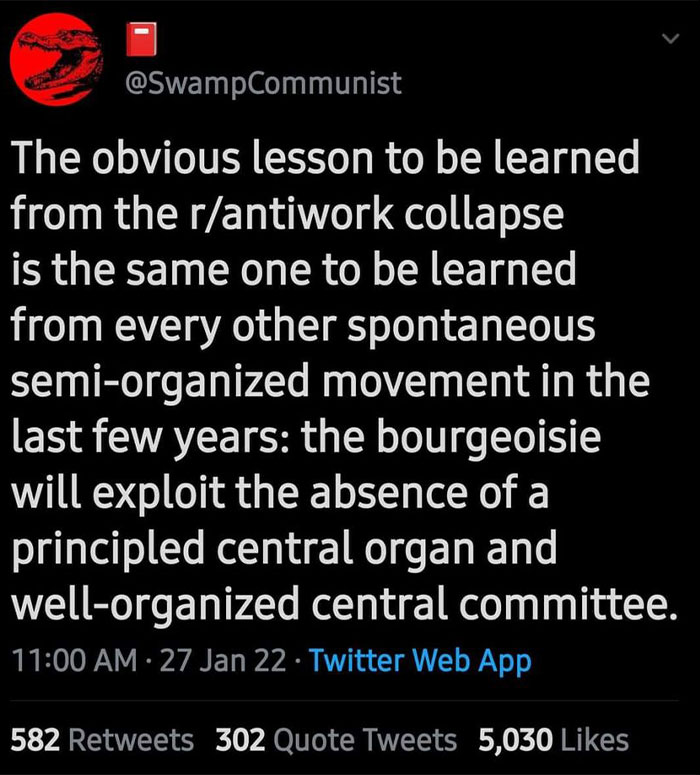
Image credits: General Strike
#122

Image credits: General Strike
#123

Image credits: General Strike
#124

Image credits: General Strike
#125

Image credits: General Strike
#126

Image credits: General Strike
#127
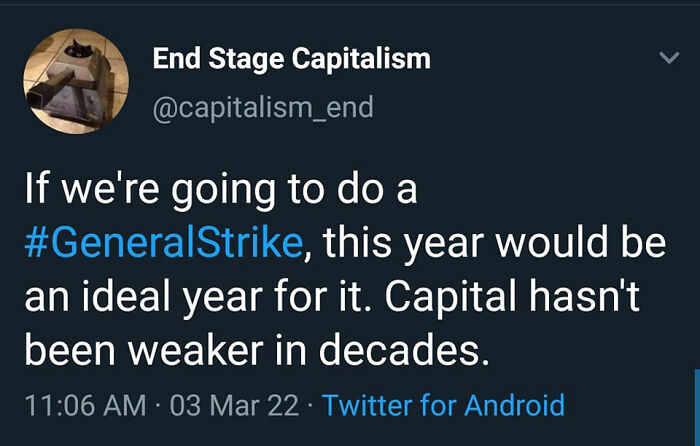
Image credits: General Strike
#128

Image credits: General Strike
from Bored Panda https://ift.tt/1TO9sCJ

